LONG READ – PART 2 OF FOUR PARTS (PART 1 CAN BE READ HERE): An exploration into the recent 2022 defeat of Labour in Tower Hamlets. In particular, why the party is seen with hostility by members of the Muslim Community? Exploring the dynamics of the misinformed view of the Muslim community has left to a loss of support and electoral defeat for Tower Hamlets Labour.
A leadership of the Tower Hamlets Labour Party, which was more interested and obsessed with racist Orientalist fantasies about Muslims, which have no bearing on the realities on the ground. Pursuing its own ‘War of Terror’, on Muslim members. Resulting in widespread rejection by members of the Muslim community, and an electoral wipe-out in 2022.
- Regime Change: One Year On
- A History of Muslims in the East End
- Early Global Connectivity: London, England and the Wider Muslim World
- Tower Hamlets Labour and the Muslim Community: A History of Mutual Mistrust
- Tower Hamlets Labour’s Obsession with Orientalist Fantasies about Muslims: The 1001 Blind Spots
- Introducing Orientalism: Tower Hamlets Labour’s Framework in Viewing the Muslim Community
- The Myth of the Muslim Block: All Muslims look the same. Perhaps a generation thing?
- Case Study of Presenting Muslims at the Council: Aspire’s Modern and Dynamic Muslim vs Tower Hamlet Labour’s Primitive and Backward Muslim
- Case Study of Focus Group Feedback on the Optics between Aspire and Tower Hamlets Labour
- Case Study: Tower Hamlets Hockey Club & Tower Hamlets Labour’s blind spot in terms of access to Sport
- Mayor Lutfur Rahman & The Aspire Party: ‘Spiritual Influence’ or A Case of Smart Retail Politics?
- Case Study of Increase Funding for the Youth Service
- Case Study of Free School Meals
- Case Study of Cracking Down on Street Gangs
- Case Study of a Sports Strategy Incorporating Local Clubs: And Finally, Tower Hamlets Hockey Club
- Tower Hamlets Labour and the Silencing of Muslims within its Rank
- The use of performative politics to silence real concerns and meaningful engagement
- Case Study of the Report on Racism by Tower Hamlets Council
- Racial Judo: Use of Islamophobic Tropes for factional purposes
- Case Study of the Attempt of shutting down the Burdett Estate Mosque
- Dissenting voices are immediately shut down by briefing the press or through vexatious disciplinary actions
- Case Study: My Suspension & Slander by Tower Hamlets Labour and Exoneration by the UK Labour Party
- Tower Hamlets Labour & Counting the Cost in the hidden violence of Their War of Terror
- The Silver Linings in Tower Hamlets Labour’s War of Terror
- An End to the War on Terror?
- Call to Action: Young & Want to Change Things but Tower Hamlets Politics Too Toxic
- Further Reading in Organising Communities and Campaigning
- Podcast Interview with Community Development Podcast
- Reading List for Organising Communities and Campaigns
- Case Study Examples: Applying Community Organising in Different Contexts – Campaigns Led as a Councillor
- Detailed Case Studies of Community Organising Campaigns
- Further Reading in Tower Hamlet’s Labour’s Orientalism in regard to Muslims and their communities
- On the Racist Ideology of Orientalism
- Visual Essay On the Politics of Fear – ‘War of Terror’: The Power of Nightmares (The Rise of the Politics of Fear) by Adam Curtis
- Note on Labour Party Factionalism
“Any man more right than his neighbours constitutes a majority of one already.”
Henry David Thoreau, Civil Disobedience
Regime Change: One Year On
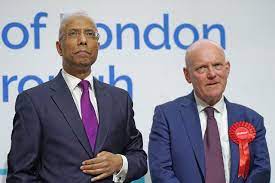
Following the stunning electoral upset of the Aspire Party of Mayor Lutfur Rahman in Tower Hamlets, Labour suffered a devastating blow that reverberated throughout the political landscape. A reverberation still felt with a near total blackout in the mainstream media and a lack of official statement or narrative from the UK Labour Party.
Fast-forward one year, and a palpable sense of disillusionment has permeated the air as we bear witness to the continued erosion of Labour’s foothold in Tower Hamlets. Indeed, upon speaking with residents and stakeholders, it has become clear that Mayor Lutfur Rahman and his Aspire Party have consolidated their position, leaving the local Labour Party further marginalized and bereft of support.
“All of you guys (Labour) come and promise the usual, parks, rubbish, ASB etc. Then just deliver on some things, not all. He has come along and put money in my pocket (free school meals), of course, I’m going to vote for him again (Mayor Lutfur Rahman).”
Resident (May 2023)
The following piece is part of four-part long read pieces, looking at the reasons for defeat and the ongoing detachment of TH Labour, who constitute the official opposition in Tower Hamlets. The pieces will cover the following four themes:
- Not understanding migrant culture in the East End
- Not understanding the Muslim community in the East End
- Not understanding the impact of inequalities on working-class communities
- Structurally incapable of operating in a competitive political environment
This essay is one instalment of a four-part examination into the multifaceted reasons for the electoral defeat of the Tower Hamlets Labour Party, as well as the ongoing sense of detachment that has continued to plague this organisation. As the official opposition, the Labour Party’s continued failures and missteps have raised serious questions about their relevance and efficacy within the local political landscape. Through a comprehensive analysis of the factors that contributed to their downfall, we can begin to unpack the complex and nuanced issues that have led to their disarray. As well as possible pathways to regain the trust of residents in Tower Hamlets.
Let us kick off the second in this series, by looking at Tower Hamlets Labour’s ham-fisted approach towards the Muslim community in the East End.
A History of Muslims in the East End
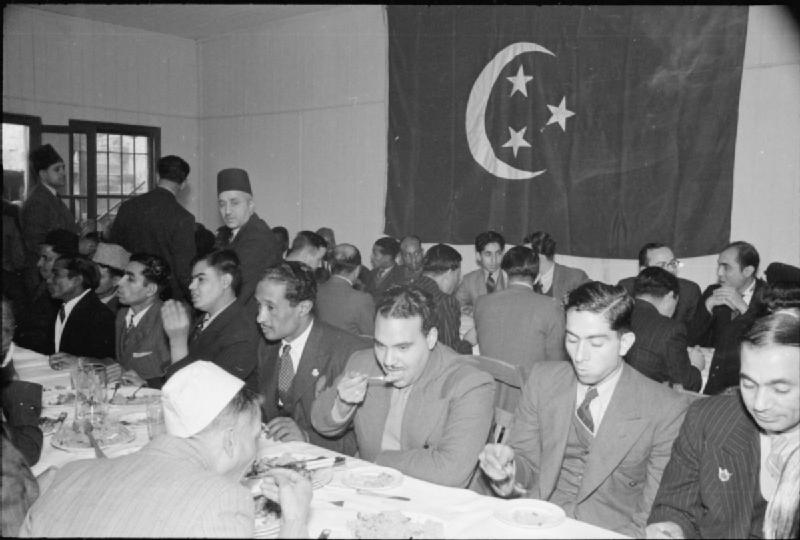
“For it matters not how small the beginning may seem to be: what is once well done is done forever.”
Henry David Thoreau, Civil Disobedience
Early Global Connectivity: London, England and the Wider Muslim World
Muslims have had a longstanding connection with England, reaching back to the Anglo-Saxon era and sustained through trade relations with Muslim Spain. However, it was during the Tudor period that the earliest recorded Muslim presence in England can be discerned. These individuals, often referred to as Moors hailed primarily from North Africa and arrived at English shores as sailors, traders, or captives in the 16th century. While their exact numbers remain elusive, it is believed that they constituted a minority within the populace. You can discern this sense of familiarity in Shakespeare’s writings, such as Othello and the Merchant of Venice.
The Stuart era, which followed in the early 17th century, witnessed sporadic accounts of Muslim diplomats or envoys visiting England. Notably, in 1600, Abd el-Ouahed ben Messaoud, the Moroccan ambassador, journeyed to the court of Queen Elizabeth I. Nevertheless, it was not until the 19th and 20th centuries, coinciding with the Age of Empire, that notable Muslim communities began to emerge in England. These communities took shape primarily through the conduits of global trade, diplomacy, and connections forged within the British Empire.
In a moment of reflection, one cannot help but discern the intricate tapestry of interconnectivity that enveloped London even in bygone eras. A profound realization dawns upon us as we delve into the annals of Tudor England and onwards: a period marked by a surge in engagements with Muslim communities. This event, when examined in light of historical events, unveils a remarkable correlation with the expulsion of Muslims and Jews from Spain and Portugal. The ripples of these expulsions reverberated across borders, leaving an indelible imprint on the socio-political landscape of Tudor England. Masterfully recorded by Onyeka Nubia, in his, ‘Blackamoores: Africans in Tudor England, their Presence, Status and Origins.’
Another example is the unintended consequences of the English Reformation. To counteract the Catholic powers of Spain and Portugal, Tudor England had to establish closer relationships with Muslim countries in the field of trade and diplomacy. It is against the backdrop of religious reformations that the scales of Tudor England tilted in favour of engagement with Muslim powers.
Muslim polities, who at the time, with the Ottoman Turks at the helm, were in a protracted and monumental global struggle against the Portuguese Empire. This struggle, spanning over eight decades, spanned the vast expanses of the Atlantic, Mediterranean, and Indian Oceans, signifying the truly global scope of its impact. Ultimately, this confrontation reached its zenith with the destruction of the entire Portuguese Army, coupled with the fall of their sovereign in the cataclysmic Battle of ‘The Three Kings’ in the fateful year of 1578.
Tower Hamlets Labour and the Muslim Community: A History of Mutual Mistrust
In London’s East End, from the 18th century, the term “Muslim” was virtually synonymous with the Bengali community. Only in recent times has this perception been challenged by members of North African and Somali descent, revealing a more diverse tapestry of Muslim identities in the area.
The relationship between the Muslim community and the local Labour Party has been characterized by a tumultuous history, marked by a series of fluctuations. Following a similar trajectory of a chequered history experienced by the Jewish community before the war. A notable example occurred in 2005 when the majority of Muslims voted for George Galloway and his RESPECT party as a protest against the Labour Government’s position on the Iraq War.
Fast-forwarding to the present day, an intriguing paradox unfolds within the political landscape of Tower Hamlets. In 2022, the Muslim community, in alliance with entrenched working-class communities, resoundingly rejected the local Labour Party led by John Biggs. Instead, they cast their votes in favour of Lutfur Rahman and his Aspire Party, propelling the latter to a commanding majority in the Council Chamber and securing the Mayoralty.
This outcome raises an important question: despite efforts to accommodate Muslims within the broader national Labour Party, including increased representation in Parliament and the appointment of a Muslim Mayor of London. So, why does the local party in Tower Hamlets encounter hostility from the Muslim community and face electoral rejection? By delving into a rich tapestry of conversations, personal experiences, and current academic literature, I aim to unravel this captivating paradox that has perplexed political observers and journalists alike.
Tower Hamlets Labour’s Obsession with Orientalist Fantasies about Muslims: The 1001 Blind Spots

“There will never be a really free and enlightened state until the state comes to recognize the individual as a higher and independent power, from which all its own power and authority are derived.”
Henry David Thoreau, Civil Disobedience
The hostility, currently faced by the Tower Hamlets Labour Party by local Muslims and their respective communities, can be explained by the framework it used to interact with them. A framework that leaves Muslims alienated and resentful, and the Tower Hamlets Labour Party detached from the realities on the ground. A framework of interaction, labelled in academic and policy circles as ‘Orientalism’. So what is Orientalism?
Edward Said’s groundbreaking work in 1978 brought to the forefront the intellectual construct of Orientalism, a concept that has since permeated Western discourses, providing a critical lens through which to examine the intricate interplay between Europe’s historical approaches towards Muslims. Said’s postulations revolve around the notion that Orientalism encapsulates a manifestation of cultural and intellectual otherness, entailing a process of dehumanization that reinforces prevailing power imbalances. He argues that institutions, decision-makers, and cultural managers, leveraging their privileged social capital, have manufactured a distorted and stereotypical image of Muslims and other communities, particularly those in the Middle East and Asia.
Central to Said’s thesis is the idea that Orientalism engenders an exoticized perception of Muslims, steeped in notions of primitiveness, backwardness, and enigmatic allure. Consequently, Muslim communities are often portrayed as monolithic, static, and irrational, thereby emphasizing their ostensible divergence from Western norms. This Orientalist paradigm, a product of the Age of Empire, found expression in academic inquiries, travel narratives, literature, and art from the Victorian era up until the 1960s, leaving an indelible mark on the consciousness of the time.
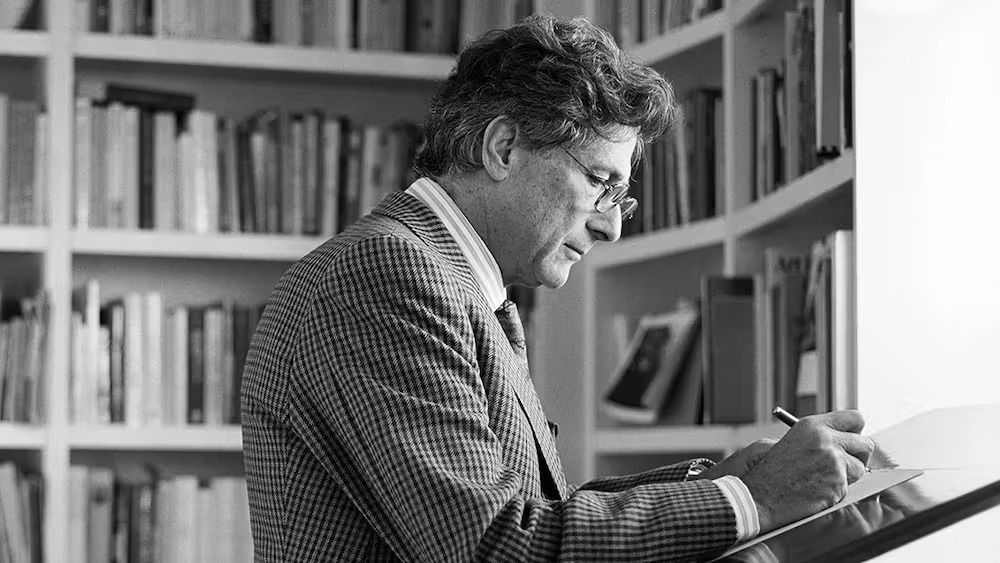
According to Said, the implications of Orientalism extend beyond the realm of the intellectual, permeating the political sphere with profound consequences. By portraying Muslims as inherently dissimilar and inferior, colonial administrators historically justified violent imperialistic pursuits, casting themselves as civilizers and modernizers. The echoes of this perspective reverberated during the recent War on Terror, as various policy forums and decision-makers, both domestic and foreign, invoked Orientalist tropes to legitimize illiberal approaches towards Muslims and their communities. Examples range from military invasions and the use of torture to the discriminatory Muslim Ban enacted by former President Donald Trump.
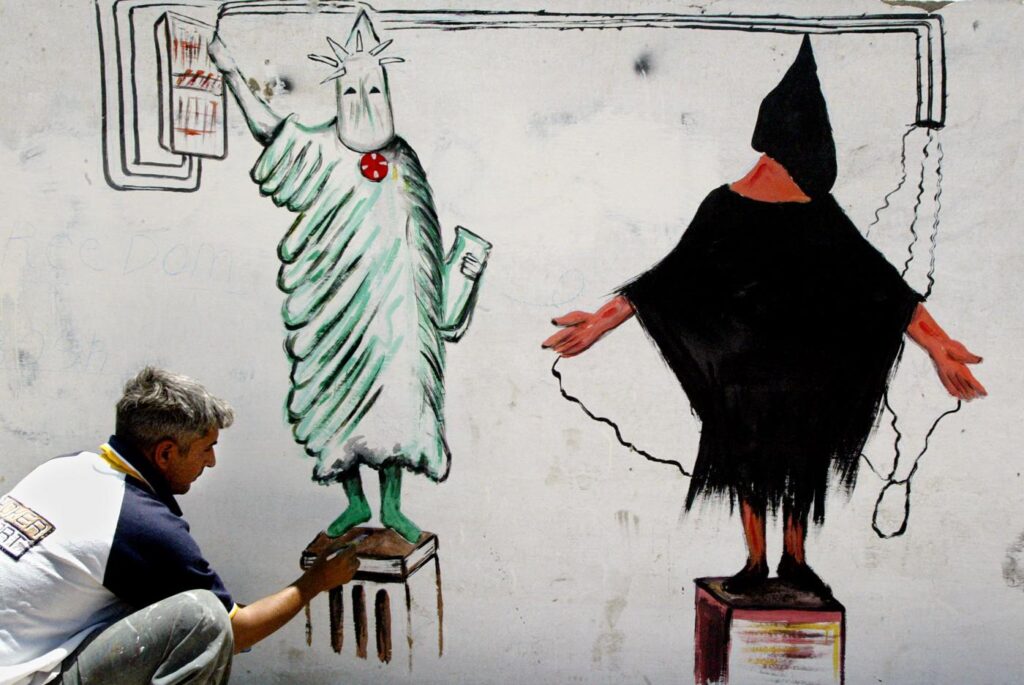
Academic critics of Orientalism argue that its perpetuation of stereotypes perpetuates power imbalances, impeding genuine intercultural understanding. They advocate for a paradigm shift that challenges and dismantles Orientalist perspectives, urging for more nuanced, egalitarian, and empathetic interactions. The imperative lies in fostering a discourse that cultivates authentic cross-cultural exchange, transcending the confines of Orientalist constructs and embracing a more inclusive and enlightened perspective.
From a policy and political standpoint, the Orientalist paradigm clouds judgement, hindering the examination of empirical data and objective facts. Consequently, decisions are often made based on tropes and stereotypes that exacerbate rather than solve problems. Returning to the case of the Tower Hamlets Labour Party, their inability to treat the Muslim community on par with other communities resulted in misguided policy decisions and electoral defeat at the polls. This serves as a potent reminder of the perils of Orientalism and the urgent need for a more inclusive and nuanced approach to policymaking and political engagements.
Introducing Orientalism: Tower Hamlets Labour’s Framework in Viewing the Muslim Community

“I ask for, not at once no government, but at once a better government.”
Henry David Thoreau, Civil Disobedience
Tower Hamlets Labour Party’s embrace of an irrational and illiberal Orientalist framework has brought about its own electoral downfall. However, it is essential to clarify that this piece does not aim to pander to the liberal sensibilities commonly found in opinion pieces published by The Guardian. Instead, its purpose is to elucidate why such an approach is counterproductive in electoral terms, while simultaneously toxifying its internal environment, eroding the ranks of capable activists within the local Tower Hamlets Labour Party. An opportunity cost. By offering the right support and encouragement, these capable activists could be transformed into winning candidates who enhance the overall strength of the Labour movement, rather than relying solely on it.
Certainly, individuals are entitled to hold their own views, as they see fit, in line with the principles of common law and liberty under the law. If there are those who believe that Muslims are somehow a lesser class, warranting constant surveillance, torture, and bombing when deemed necessary, they are free to hold such perspectives. However, should these views manifest in actual harm, there are adequate legal remedies available to address them.
The concern arises when these views begin to harm the electoral prospects of the local Labour Party and contribute to its dysfunction. This dysfunction, it is crucial to note, also has financial implications, as members contribute financially through their dues. At this juncture, the issue becomes a collective one, necessitating a collective effort to rectify the situation.

Let us delve into how an antiquated framework, stemming from the colonial era of the 19th century, has played a role in Tower Hamlets Labour’s defeat in the 2022 elections—a stark contrast to the realities of the 21st century. This framework has obscured the party’s ability to grasp the most basic lesson in politics: the ability to count. Utilizing statistical data to formulate fundamental electoral and political strategies is a cornerstone of political competence, yet it appears to have been neglected.
The Tower Hamlets Labour Party must confront the consequences of its adoption of an irrational and outdated framework, which has undoubtedly contributed to its electoral setback. By recognizing the importance of data-driven decision-making and addressing the underlying dysfunctionality, the party can begin to rebuild and forge a path towards electoral success in the future.
The Myth of the Muslim Block: All Muslims look the same. Perhaps a generation thing?
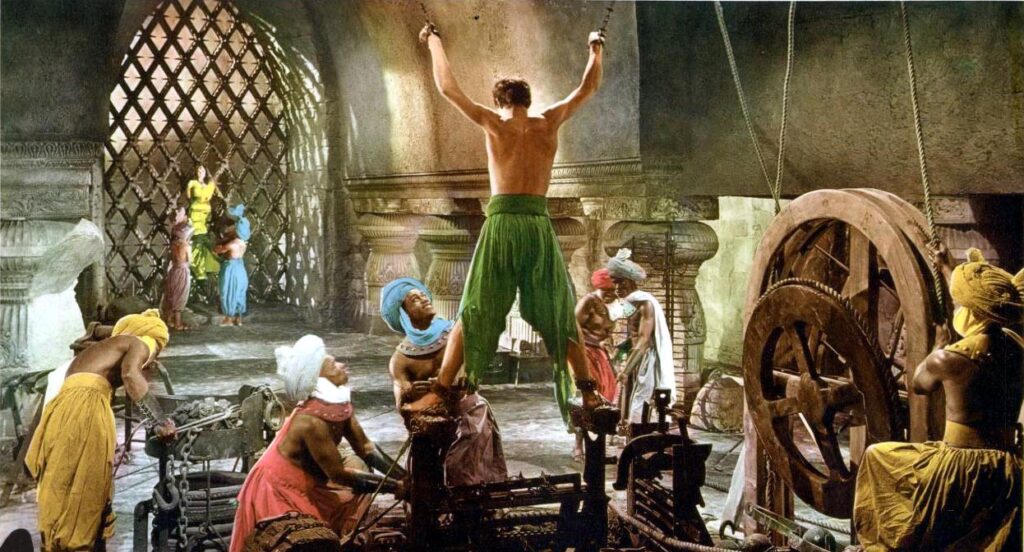
Tower Hamlets, a borough located in the heart of London, stands as a distinctive entity within Western Europe. It boasts the largest and most longstanding Muslim community in the region, with its roots stretching back to the days of the East India Company. This remarkable relationship between Tower Hamlets and its Muslim inhabitants, spanning over four centuries, bears witness to the historical intertwining of cultures and traditions that have shaped the fabric of this vibrant neighbourhood.
In the present day, armed with the latest census data, we gain a clearer understanding of the borough’s demographic makeup. The Muslim community constitutes approximately 40% of Tower Hamlets’ population, making it not only the most significant religious group but also the youngest subset within the borough. This means that the majority of Tower Hamlets’ Muslim community comprises individuals belonging to the second and third generations, who have inherited and evolved their cultural and religious identities in this diverse locale.
Examining generational dynamics in political analysis is not an entirely novel phenomenon in the United Kingdom. In recent years, a series of publications have delved into the question whether younger generations have faced economic disadvantages at the hands of their older counterparts. The very titles of these books reveal the authors’ stance on the matter: “Jilted Generation: How Britain has Bankrupted Its Youth” by Howker and Malik (2013), “The Theft of a Decade: How the Baby Boomers Stole the Millennials’ Economic Future” by Sternberg (2019), “The Pinch: How the Baby Boomers Took Their Children’s Future – and Why They Should Give it Back” by Willetts (2019), and “OK Boomer, Let’s Talk: How My Generation Got Left Behind” by Filipovic (2020).
However, within the discourse of Tower Hamlets Labour Party, when it comes to addressing the concerns and aspirations of the Muslim community or the wider populace, the inclusion of this generational analysis has been notably absent. It sees the Muslim community as an uninformed block, in line with the Orientalist trope of the mindless Muslim horde. This dehumanisation and electorally disastrous policy is further reinforced, by dealing with self-appointed leaders, and talking through them, instead of directly speaking to individual material needs and aspirations.
Conversely, Mayor Lutfur Rahman and his Aspire Party have placed this generational discourse at the forefront, recognizing the significance of engaging with the borough’s young population. Rahman’s unique position as a bridge across the generational divide within Tower Hamlets stems from his own immersive experiences. Despite being a first-generation migrant who arrived as a child, his professional qualifications as a lawyer have granted him opportunities to interact with and comprehend the perspectives and aspirations of both second-generation individuals and the younger generation at large. This connection multi-generational connection is apparent in the optics of his politics.
Case Study of Presenting Muslims at the Council: Aspire’s Modern and Dynamic Muslim vs Tower Hamlet Labour’s Primitive and Backward Muslim

A preliminary examination of the optics surrounding Mayor Rahman and his Aspire team serves to underscore his shrewd political manoeuvring, while simultaneously exposing the antiquated perspectives of Tower Hamlets Labour in regard to the Muslim community. A closer inspection of Rahman’s core team reveals a group of individuals who possess fluency in English, hail from professional or corporate backgrounds, and exude a certain level of competence. Something, repeatedly pointed out to me by Muslim residents with a sense of pride. Reflecting general trends in the Muslim community, amongst second and third generation. For example, on a recent appearance on Channel S, I was made aware of the fact that in the last year, over 2,000 Bangladeshi Muslims qualified as doctors in the United Kingdom.
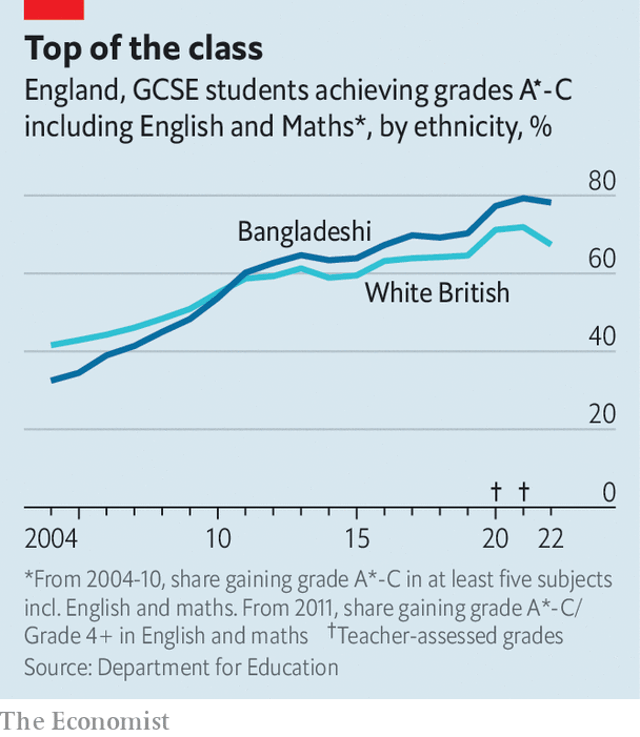
Now, let us turn our attention to the individuals highlighted by Tower Hamlets Labour as representatives of the Muslim community… The facts, when laid bare, speak for themselves and present a stark contrast to the reality and aspirations of the Muslim community in Tower Hamlets. It is worth noting, based on statistical data and my own personal experience, that the overwhelming majority of the Muslim community, both male and female, boast a consistent employment history in the private sector.
Even the Mayor’s choice of Speaker of the Council reflects the aspirations of the Muslim community and their perception of themselves. He hand-picked Shafi Ahmed, a second-generation local businessman and driving instructor, who is fluent in English. In terms of Shafi’s civic involvement, he serves as a Governor at one of Tower Hamlets’ most successful independent schools and holds an Executive position within the Tower Hamlets Council of Mosques.
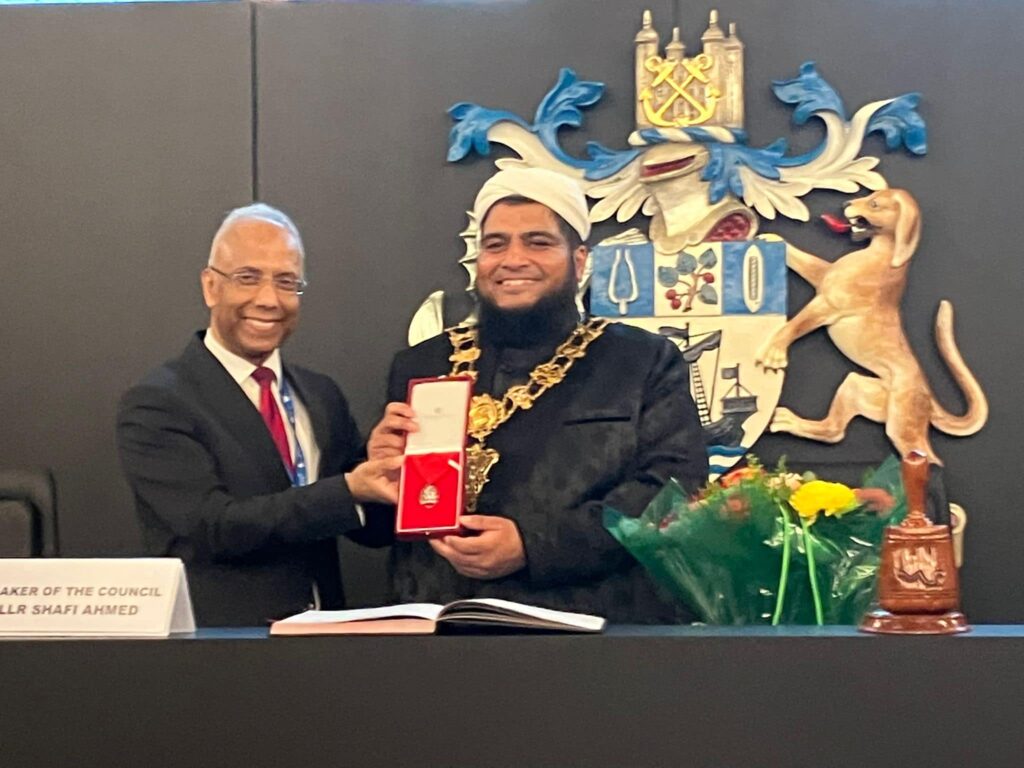
Now, let us compare these carefully selected optics with the choices made by Tower Hamlets Labour. During the final two years of the previous Labour administration, the Speaker of the Council was Ahbab Hossain. Upon his selection, I received a distressed phone call from a council officer who expressed frustration over their arduous efforts to train Hossain for the role of the Speaker. Even after dedicating an entire day to his training, they had failed to bring him up to speed. The officer questioned why Hossain was chosen as the Speaker, to which I clarified that it is the Mayor, not the Labour Group councillors, who appoints the Speaker. I couldn’t help but speculate that perhaps this particular choice was some sort of sick practical joke orchestrated by Mayor John Biggs.
Two years later, during the final council meeting, Mayor John Biggs, sporting a smug grin, expressed his anticipation of watching videos featuring Ahbab as the Speaker. While he may have found the situation amusing, it was clear that the vast majority of the Muslim community did not share his sentiment, as evidenced by their vote in favour of Mayor Lutfur Rahman in May 2022.
Case Study of Focus Group Feedback on the Optics between Aspire and Tower Hamlets Labour

While composing this post, I engaged in conversations with friends affiliated with the Labour Party regarding the optics of platforming Muslims, specifically by Aspire and Labour. They rightly pointed out that Aspire includes representatives who are first-generation immigrants, implying that the situation might not be as straightforward as it seems. This led me to conduct a focus group-like exercise involving influential figures from the younger Muslim demographic, who are considered natural leaders among their peers due to their social capital. I aimed to gather their insights on various issues.
When young representatives from the Aspire Party were presented, the following descriptions were given: “decent,” “well known in the community,” “family is well known,” “hard-working,” and “active in the community.” These attributes are reminiscent of the aesthetics associated with popular culture in suburban America during the 1950s.
The aforementioned instances showcase how Mayor Lutfur Rahman and his Aspire Party skilfully utilise aesthetics and presentation styles that resonate with the working-class demographics of the Muslim community. The responses received were described as “disciplined,” “fresh,” and “forward-thinking.”
However, when Muslim representatives from Labour were presented, the following descriptions were given: “sell out,” “poodle,” “corrupt,” “arrogant,” and “drunk.” Intrigued by this stark dichotomy, I decided to delve deeper into the reasons behind it. The feedback I received indicated that the allegations made by Apsana Begum, the Member of Parliament for Poplar and Limehouse, against her ex-husband played a significant role. These allegations included accusations of alcoholism, violence, and corrupt practices. As a result, the Muslims highlighted by Tower Hamlets Labour became entangled in these allegations.
The association between Tower Hamlets Labour and these allegations has two aspects. Firstly, the ex-husband in question was a councillor who is married to another councillor. Secondly, supporters of Apsana shared pictures on social media showing her ex-husband with the leadership of Tower Hamlets Labour leading up to the 2022 election. Every time the MP publicly reinforced this perception, including during a press conference in Brick Lane with former Labour leader Jeremy Corbyn for the London Bangla Press Club, it further solidified this association.
These pronouncements by the MP compelled her ex-husband to offer his own rebuttals, inadvertently perpetuating the dichotomy in the public consciousness. Consequently, an image of morally dubious Muslims, characterized as unwholesome, intoxicated, and backwards, became associated with Tower Hamlets Labour.
This ongoing factional conflict within the Labour Party has shifted public perception and attention towards the positive attributes of Aspire. Despite the complexities on the ground, the overwhelming noise from Tower Hamlets Labour has created and reinforced this stark contrast.
In 21st-century Britain, one may question why allegations of alcoholism and moral dubiousness could impact electoral outcomes. Nevertheless, Professor Matthew Goodwin’s research in “National Populism” reveals a notable transformation among working-class demographics, not only in the United Kingdom but also globally. This transformation involves a rightward shift on social issues, leading to increased social conservatism, as well as a leftward shift in economic policies, indicating a desire for a more equitable distribution of resources.
Even the Muslim community in Tower Hamlets has experienced a similar shift towards National Populism, albeit with unique manifestations. Within the Muslim community, there is a strong yearning for public figures who embody their social values, such as moral integrity and abstinence from alcohol. This has impacted negatively on Tower Hamlets Labour, with a perception that the Muslims it platforms are a bunch of drunks. With Aspire being the default beneficiary. For example, recently, the former Labour Speaker, Ahbab Hossain was voted out of his local mosque, Baitul Aman in Bethnal Green. Speaking to stakeholders, partly because of the negative image of Tower Hamlets Labour.
Did Labour engage with generational politics? Yes, during my period as a councillor, there were indeed attempts, but they were swiftly quashed by the party leadership.
Case Study: Tower Hamlets Hockey Club & Tower Hamlets Labour’s blind spot in terms of access to Sport
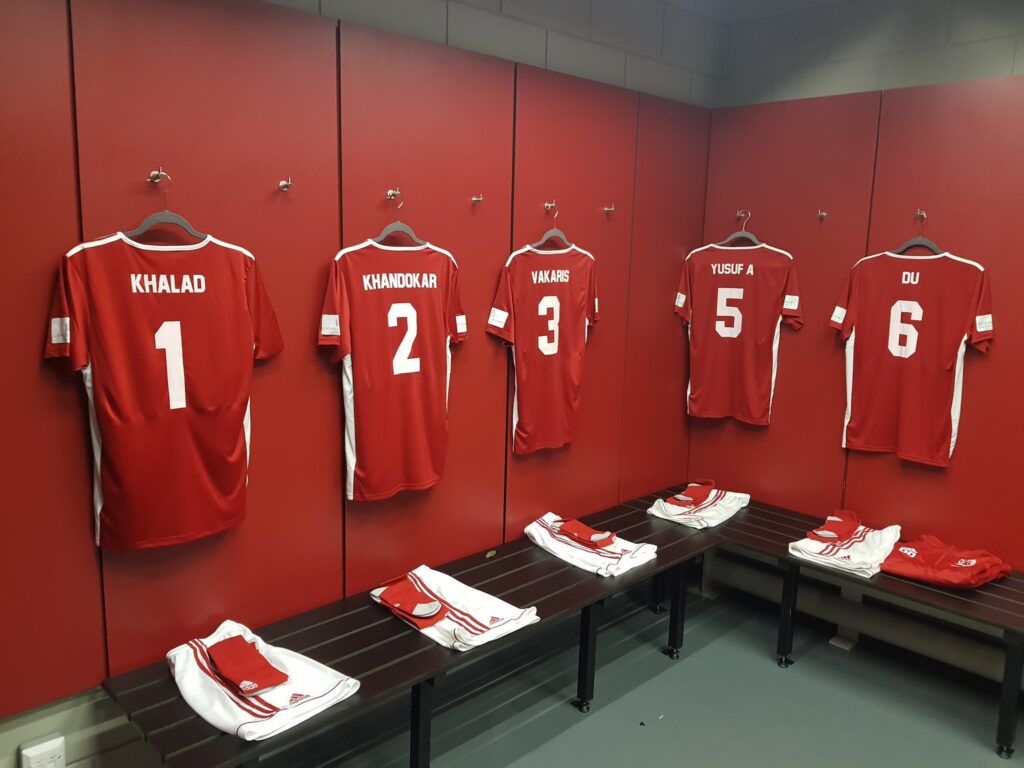
In the realm of local politics, Labour councillors did try to address the generational politics thrown up by the young demographics of Tower Hamlets. For example, the second generation of Labour Councillors, myself included, made valiant efforts to tackle the issue of generational disparity by focusing on matters pertinent to young people, most notably sports. Acting in unison, we endeavoured to prevent the dismantling of the Tower Hamlets Youth Sports Foundation (THYSF).
THYSF, a paramount institution, furnished Tower Hamlets with over 400 hours of extracurricular sporting activities each week. Without its existence, the youth of this borough would have been bereft of the opportunity to engage in competitive sports such as badminton, basketball, cricket, fencing, gymnastics, handball, hockey, judo, tennis, and weightlifting. Unquestionably, the consequences of these endeavours catapulted Tower Hamlets into the echelons of London’s finest sporting boroughs, as evidenced by its commendable standings in the recent London Youth Games. In June 2017, Tower Hamlets claimed a praiseworthy 6th position among the 33 London Boroughs.
Regrettably, in 2018, despite our persistent pleas, the leadership proceeded with the dismantlement of this crucial service, thereby adversely impacting numerous young individuals within the Borough.
Draft motion distributed by Labour Councillors, in July 2018, to stop the defunding of the Tower Hamlets Youth Sports Foundation (THYSF)
Following on from the THYSF campaign, I assumed the cause of Tower Hamlets Hockey Club, a hockey establishment dedicated to serving the local community. Its fundamental objective was to provide a pathway for young people within the borough to immerse themselves in the realm of hockey, fostering an environment tailored to their needs and engendering a sense of comfort.
This hockey club materialized in response to the disheartening news of THYSF’s impending defunding by the Tower Hamlets Council. As a result, youths were left without any viable avenues to pursue hockey. Astonishingly, Tower Hamlets boasts two of the largest hockey clubs in the nation, namely Wapping Hockey Club and East London Hockey Club, both comprising approximately 20 men’s and women’s teams each. Nevertheless, it is evident that neither club has made significant efforts to engage with the working-class youth from the borough.
Despite our relentless appeals, the club has been unable to secure a practice pitch within the confines of Tower Hamlets. I championed their cause, employing a dual approach within the Labour Party and the council. I viewed this campaign as an avenue for club members to enter the realm of the Labour Party, even encouraging club members to join the party’s ranks. Alas, the Party leadership turned a deaf ear to the pleas and necessities of Tower Hamlets Hockey Club, driving the club and its supporters to Mayor Lutfur Rahman and his party. Remarkably, one player from the club has ascended to the position of Aspire councillor, while another serves as a Mayoral advisor on Sports.
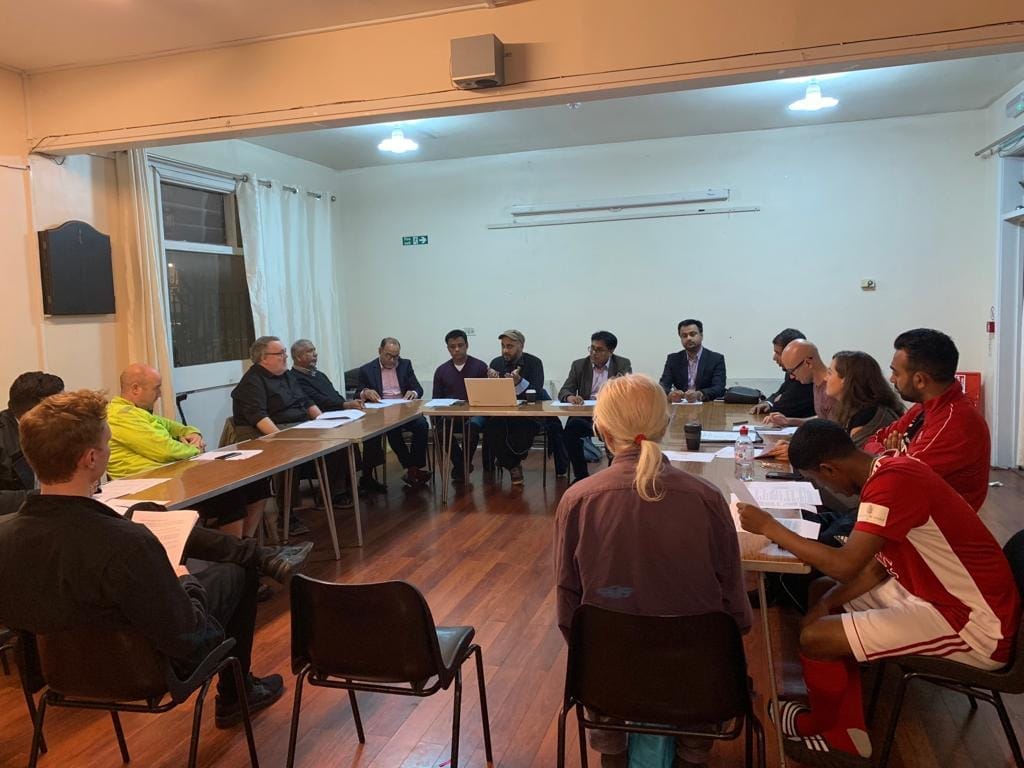
Mayor Lutfur Rahman & The Aspire Party: ‘Spiritual Influence’ or A Case of Smart Retail Politics?
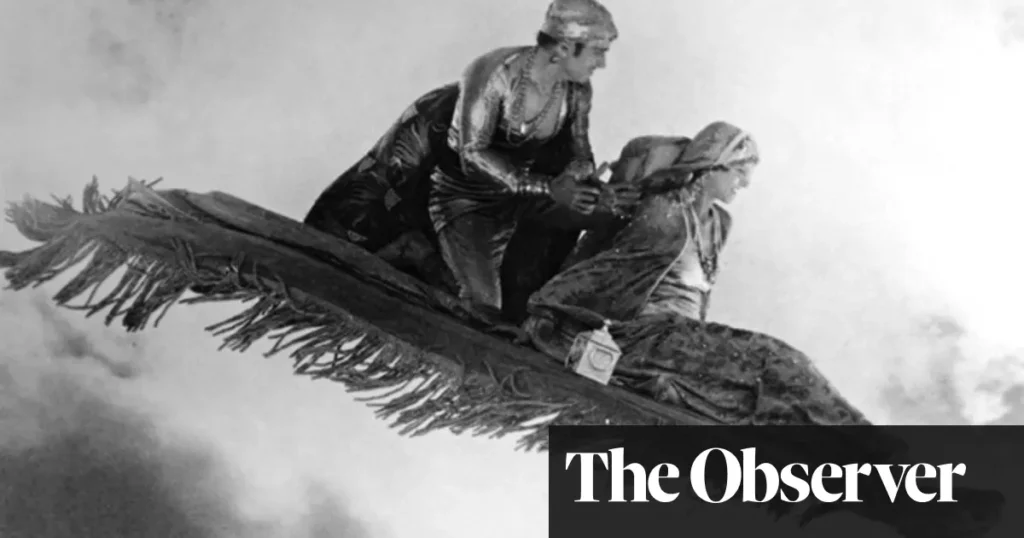
“I came into this world, not chiefly to make this a good place to live in, but to live in it, be it good or bad.”
Henry David Thoreau, Civil Disobedience
Stepping away from the trappings of performative politics, one cannot help but scrutinize the Tower Hamlets Labour Party’s inability to genuinely connect with the Muslim community, urging for a measured approach within the confines of a liberal political framework. It remains a compelling question as to why the Muslim community, as a collective entity, redirected their support from Labour to Mayor Lutfur Rahman and the Aspire Party. In a surprising turn of events, their political trajectory surpassed the previous 2015 results, wherein they solely clinched the Mayoralty, to emerge victorious in 2022 by securing both the Mayoralty and a majority of council seats.

Theories abound regarding the catalyst behind this transformation, each offering a distinct lens through which to analyse the shifting dynamics at play. On the one hand, you have the Orientalist view. A fantastical scene is painted of Tower Hamlets, straight out of the Arabian Nights. Of entrenched religious clerics, concealed within the dimly lit corners of the mosque, exercising their spiritual sway to command Muslim voters. These venerable figures, it is argued, expertly wield their influence over a community deeply rooted in faith and tradition, guiding them towards the political paths they deemed most fitting. This interpretation posits a narrative of faith and devotion intertwining with political consciousness, resulting in a voting bloc that moves in unison under the guidance of religious authorities.
While composing this post, I decided to verify whether the Tower Hamlets Labour Leadership’s perspective had changed. I met up with a longstanding member, and together we discussed the reasons for their defeat in 2022. The member shared an anecdote about a conversation they had with the former Mayor, John Biggs. According to the member, Biggs lamented his rejection at the polls, attributing it to the failure of various individuals he had materially rewarded to deliver the promised votes.
My surprise got the better of me, and I couldn’t help but exclaim, “Does he genuinely believe that Tower Hamlets operates under a Zamindari system?” To provide some context, the Zamindari system was a feudal system established by the East India Company in 18th-century Bengal, resembling a combination of tropical plantations and the serfdom of Tsarist Russia. Astonishingly, the Tower Hamlets Labour leadership seems to believe that, in the 21st century, the third-wealthiest local authority area in the sixth-largest economy in the world is organized based on a medieval feudal structure.

On the contrary, a rational explanation is based on demographic data and political facts on the ground. A story of smart retail politics. Here, the Aspire Party managed to craft a shrewd political offer tailored to the material interests of an above-average young electorate. The notion of political engagement is driven by pragmatic concerns, rather than spiritual or communal imperatives. It posits a paradigm wherein young Muslims, and young Muslim households, sought concrete benefits that resonated with their immediate circumstances. This interpretation underscores the agency of individuals within the Muslim community, asserting that their choices were driven by a desire for tangible gains rather than ideological or religious commitments.
So let us look at the facts on the ground to decide which one it is, bearing in mind the above-average young population in Tower Hamlets. With an even younger subset consisting of the Muslim community.
Case Study of Increase Funding for the Youth Service
Early on in their campaign, a resounding message, Mayor Lutfur Rahman and his Aspire Party: a promise to increase investment and expand the much-needed youth service. This proclamation reverberated throughout the borough, particularly among the Muslim community, which comprises a significant portion of the population and is predominantly made up of young individuals who stand to benefit greatly from such services. It was an astute policy move that effectively tapped into the material needs and aspirations of the electorate.
Being a second-generation Muslim and a Labour councillor myself, I was acutely attuned to the sensitivities around the youth service. Together with other young councillors, we voiced our concerns regarding the sensitivity and importance of the youth service. Recognizing the value it held for the community, we collectively campaigned against any further reduction in youth service provision. Regrettably, our apprehensions fell on deaf ears within the Tower Hamlets Labour Leadership, accentuating a stark dichotomy for the electorate to consider: under Tower Hamlets Labour, youth services faced debilitating cuts, while Lutfur Rahman and Aspire pledged significant investment in these vital programs.
Once in power, it became evident that Mayor Lutfur Rahman’s commitment to the youth service was not merely a hollow promise but a central tenet of his vision for Tower Hamlets. Fortifying and expanding his support base in the Muslim community in particular, but also in wider young demographics.
Further Reading: Investing In Youth: Where Do The Children Play?
Case Study of Free School Meals
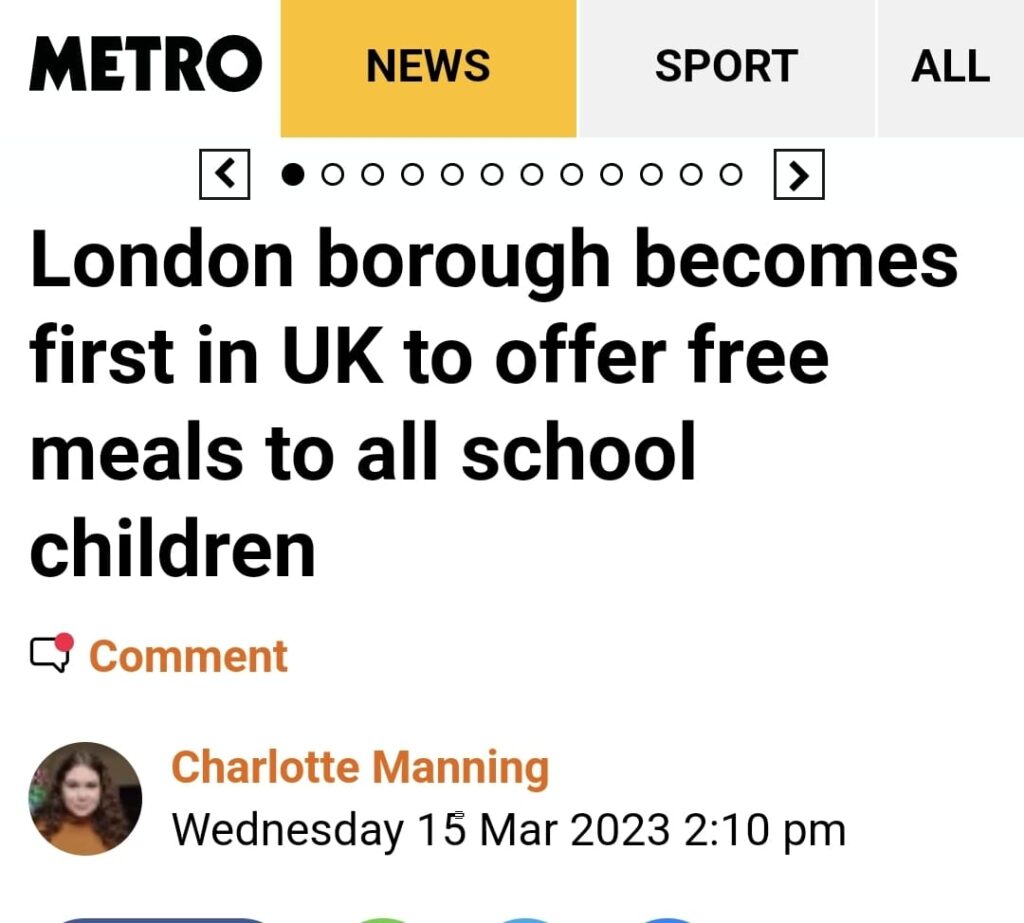
In the realm of campaign pledges, few are as enticing and captivating as the prospect of free school meals. As it literally puts money in the pockets of parents in a tangible manner. Mayor Lutfur Rahman and his Aspire Party, fully aware of this political magnetism, firmly embraced the cause, extending the existing provision of free school meals in Primary Schools to Secondary Schools. Such a strategic manoeuvre, it seems, is shrewdly attuned to the demographic realities of the situation, rendering it a calculated move on the part of the mayor. The policy, it is worth noting, predominantly benefits the Muslim community but wider young demographics, either by alleviating the financial burden on parents—amounting to approximately £40 per child per week—or by directly nourishing the children themselves through the provision of balanced and wholesome meals.
Astounding as it may be, the Tower Hamlets Labour leadership, in a somewhat perplexing turn of events, entertained the notion of curtailing free school meals in Primary Schools. This ill-conceived inclination, however, was met with opposition primarily spearheaded by backbench councillors, who rallied against such an ill-advised course of action. With the incumbent leadership exhibiting such a stance, it comes as no surprise that the aspiration to expand the provision of free school meals within the Labour ranks, remained unfulfilled, thereby presenting a glaring opportunity for Mayor Lutfur Rahman and his Aspire Party to capitalize on.
“I can’t praise them because I am a Labour member. Nor can I swear at them, as my household has financially benefitted from them. I am in a difficult situation, and the next election will be difficult.”
Labour Party Member – Talking about the Free School Meals Policy of Mayor Lutfur Rahman & the Aspire Party
Case Study of Cracking Down on Street Gangs
In contrast to prevailing public sentiment, Victim Support puts forth a compelling case that exposes the disproportionately high victimization rates among children and young individuals. Furthermore, when we turn our attention to the demographic dynamics at play, it becomes evident that a particular predicament afflicts a significant portion of the Muslim community, impacting both parents and their children. The contentious dealer-a-day program, an initiative I have previously voiced concerns about, however, garners popularity among local residents.
This salient issue demands clear and coherent discourse, underscoring the necessity for well-defined policies that effectively address the matter at hand—policies that starkly contrast the vague messaging emanating from Tower Hamlets Labour regarding their purported commitment to combating crime and anti-social behaviour (ASB). In the presentation, Lutfur Rahman and his Aspire Party as the torch-bearers of law and order. Through clear messaging of ‘a dealer a day.’ We witness a palpable dichotomy emerging—one that sharply distinguishes their resolute stance from the ‘Performative’ approach adopted by Tower Hamlets Labour when it comes to matters of crime.
Further Reading: Statement with regards to stabbing on St. Paul’s Way last Sunday 26.05.2019
Case Study of a Sports Strategy Incorporating Local Clubs: And finally Tower Hamlets Hockey Club
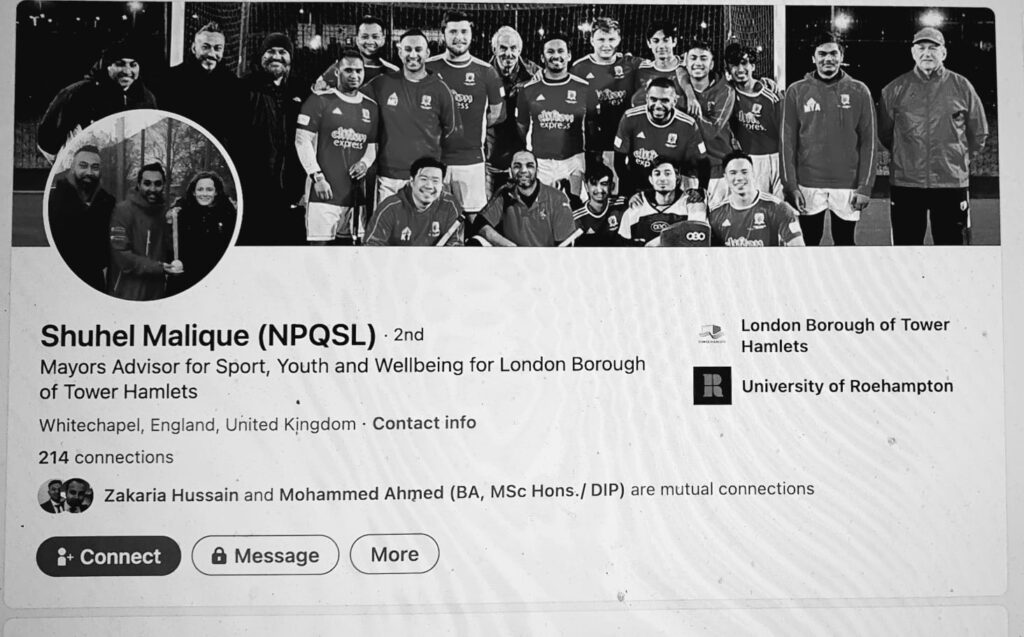
In a calculated move that resonates with astute political manoeuvring, Mayor Lutfur Rahman of Tower Hamlets has a councillor hailing from the ranks of the Tower Hamlets Hockey Club. Remarkably, this shrewd appointment extends further, as the Mayor has chosen an advisor from within the club—a former Labour Party member—to craft a comprehensive sports strategy meticulously. The incorporation of local sports clubs into a broader framework marks a significant departure from previous administrations, particularly the Tower Hamlets Labour, whose tenure remarkably overlooked this crucial facet of community engagement.
Mayor Rahman’s adroit politicking is evidently guided by the judicious analysis of demographic data, ensuring the seamless integration of his administration into the fabric of local sports. Consequently, this will increase the Mayor’s appeal among the burgeoning young electorate, a testament to his ability to seize upon opportunities that others have regrettably overlooked. Tower Hamlets Labour’s unfortunate myopia, highlighted by their failure to champion such a cause during their time in office, only serves to further magnify Mayor Rahman’s growing influence over the hearts and minds of the youth.
Further Reading: A Tale of Two Hockey Clubs: The Call for Local Sports Facilities for Genuine Local Teams (Tower Hamlets Hockey Club)
The de facto leadership of Tower Hamlets Labour blinded by a racist Orientalist viewpoint failed to pick up these electoral trends. The situation was aggravated further by the pursuit of its own War of Terror on Muslim members and councillors. Muslim’s who’s only crime was to challenge this viewpoint, only to improve the electoral prospects of the local Labour Party.
Tower Hamlets Labour and the Silencing of Muslims within its Rank

“How can a man be satisfied to entertain an opinion merely, and enjoy it?”
Henry David Thoreau, Civil Disobedience
In the intricate tapestry of Tower Hamlets Labour politics of recent times. A constant thread can be discerned. A disheartening tale unfolds in Tower Hamlets. Muslim councillors attempting to voice the concerns of their community, only to be met with resistance and suppression from the very leadership they sought to engage. This striking clash, emblematic of a wider struggle to bridge the divide between the Tower Hamlets Labour Party and its Muslim constituents, illuminates the challenges faced by those yearning to resonate with the burgeoning young demographic. And a community constituting a significant 40% of the electorate.
These efforts faced constant resistance, as Muslim councillors found themselves targeted by an enigmatic chain of events, believed by many to be orchestrated by the leadership itself. A particularly poignant incident took place during a birthday celebration, when one such councillor engaged in a heated altercation with a senior member of the Tower Hamlets Labour Party. The crux of the dispute lay in the palpable sense of unwelcomeness experienced by Muslim members within the local party’s ranks. Within a few days, the Daily Mail was covertly briefed, fabricating allegations of anti-Semitism against the councillor in question, in an attempt to lead to his suspension as a candidate. However, a swift and comprehensive response effectively debunked these malicious claims, narrowly averting the impending suspension.
Similar sentiments were echoed by myself to express the feeling of being marginalized within the local party. In my case, vexatious complaints were hastily lodged, alleging that I did not reside in Tower Hamlets, an insidious ploy undoubtedly aimed at securing my suspension as a Labour councillor candidate. Such was the magnitude of this onslaught that even the Deputy Regional Director of the London Labour Party extended sympathies, acknowledging the vexatious nature of these baseless complaints.
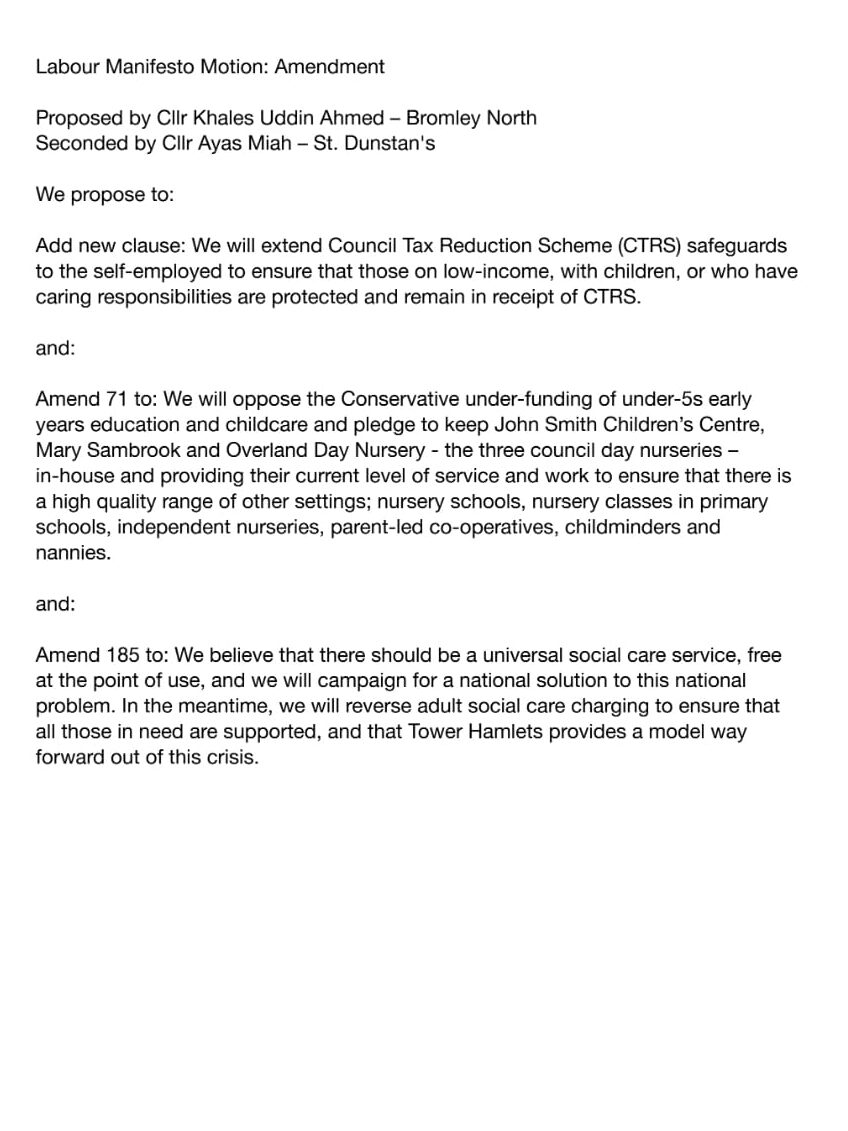
Yet, the distressing pattern persisted. A senior Muslim councillor, driven by a desire to safeguard vital services and protect the Council Tax Reduction Scheme for low-income self-employed individuals, faced the ignominy of being suspended as a candidate for the 2018 election. His supposed offence? Merely submitting amendments aimed at preserving these essential services—a cause that resonated deeply with the electorate. In the 2022 election, these same services were championed by Mayor Lutfur Rahman, who has vowed to restore these services. Astoundingly, the complaint against this councillor stemmed from a fictitious individual, a testament to the lengths some were willing to go to in their campaign to stifle dissent. Recently, his membership in the Labour Party was rightfully reinstated.
From my observations of attempts at the silencing of Muslim voices within the Tower Hamlets Labour Party, there are three common threads:
- For performative purposes, a Muslim member is co-opted, a ‘native informant’, with inducements of material rewards or promises of material rewards, such as an elected position, or a council position.
- ‘Racial Judo’ is performed, where the performative person makes an accusation, based on hearsay and an Islamophobic Trope.
- Then Labour Party disciplinary procedures are threatened or used to silence Muslim voices within the Tower Hamlets Labour Party
“This reminds me of RESPECT 2005. These people are clever.”
Senior Tower Hamlets Labour Party member – At my vote count in May 2018 when it was clear I was elected.
The use of performative politics to silence real concerns and meaningful engagement
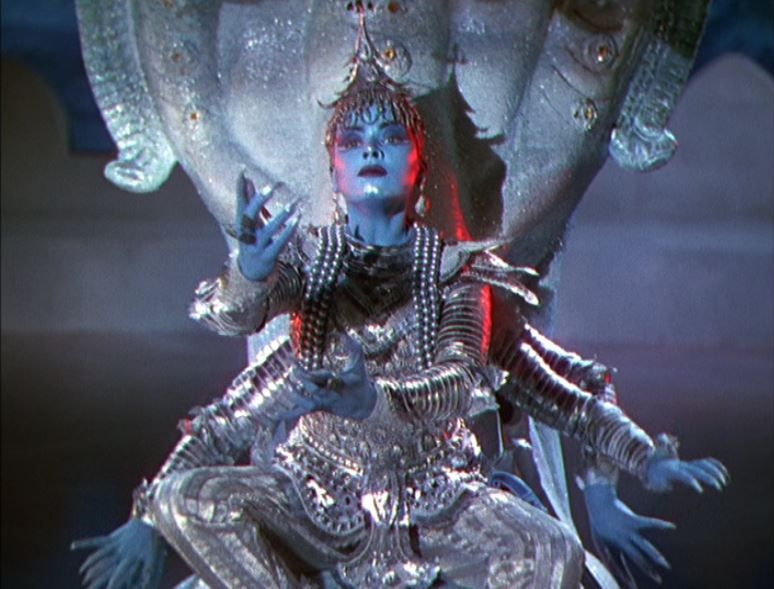
“The rich man is always sold to the institution which makes him rich.”
Henry David Thoreau, Civil Disobedience
In the realm of contemporary politics, a peculiar phenomenon has taken hold, known as performative politics. This term, thrust into the limelight amidst the fervent protests of the Black Lives Matter movement in the aftermath of George Floyd’s tragic demise, encapsulates a mode of political engagement driven by the pursuit of social capital rather than genuine dedication to a cause. It is within this context that impassioned activists castigate the disingenuous theatrics exhibited by various officeholders, who, under the guise of virtue signalling their anti-racist stance, conveniently gloss over their own histories of perpetuating racial discrimination. However, this performative charade extends its influence beyond racial matters, permeating the political landscape even among Muslim councillors and members who find themselves compelled to assume a performative role.
Of particular concern is the exacerbation of this performative nature of politics, as exemplified by the Tower Hamlets Labour Party. For those councillors whose allowances derived from their public office constitute their sole means of sustenance, the compulsion to play this performative role becomes an inescapable reality. Consequently, a precarious symbiosis emerges, wherein the dependence on performative politics by these individuals is reinforced by the very circumstances that bind them.
Case Study of the Report on Racism by Tower Hamlets Council
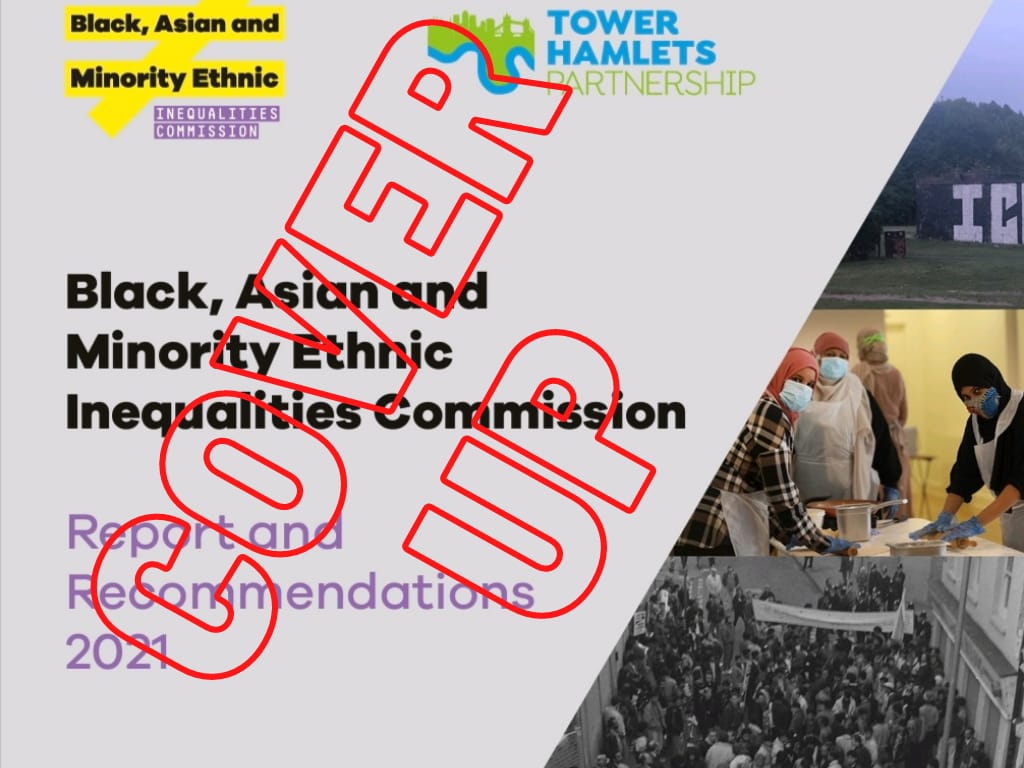
In the wake of the Black Lives Matter movement, the Tower Hamlets Labour Leadership sought to seize the momentum generated by the collective outrage surrounding the tragic demise of George Floyd. In their bid to capitalise on the prevailing sentiment, a report, which highlighted the disproportionately high percentage of marginalised migrant groups, was regrettably left untranslated. Compounding the issue, all consultations were conducted solely online, inadvertently disregarding the pervasive issue of data poverty.
To lend an air of inclusivity and authenticity to the report, the Tower Hamlets Labour leadership enlisted the participation of a Muslim councillor, who donned a headscarf while presenting its findings. However, these efforts were met with scathing criticism from local grassroots organizations, who decried the report as insincere and a mere attempt at whitewashing the deeply-rooted issues it was supposed to address. In a swift response, an online petition was launched and gained nearly 600 signatures within a mere 24-hour period, vehemently objecting to the report’s inadequacies.
Recognizing the necessity to depoliticize the situation and refusing to squander a significant opportunity. A cross-party coalition of councillors, representing a spectrum of political affiliations ranging from the Conservatives, Liberal Democrats, Aspire, and myself as a Labour Councillor, united in signing a call for a comprehensive reassessment. This call entailed granting additional time for consultations, facilitating physical gatherings to ensure broader participation, and ensuring the provision of translations for those in need. Sadly, the Tower Hamlets Labour Councillors, purportedly under the direct orders of the leadership, voted against this proposal, effectively thwarting any progress towards a more inclusive and meaningful engagement with the community.
Further Reading: Tower Hamlets Racism Report: A case of do as I say, not as I do?
“. Is a democracy, such as we know it, the last improvement possible in government? Is it not possible to take a step further towards recognizing and organizing the rights of man?”
Henry David Thoreau, Civil Disobedience
Racial Judo: Use of Islamophobic Tropes for factional purposes

In conjunction with the prevalent performative politics, the Tower Hamlets Labour leadership employs a strategic manoeuvre known as Racial Judo, as elucidated by the New York Times Podcast on the Torjan Horse affair. This concept, coined to encapsulate a phenomenon wherein individuals from minority communities assert claims devoid of substantiating evidence, rooted in prejudiced tropes, effectively enables decision-makers to accept these assertions as irrefutable facts and act upon them. While Racial Judo is wielded as a factional weapon in various contexts to settle personal vendettas, its use within the Tower Hamlets Labour Party manifests as a means to stifle Muslim voices and exact retribution.
Specifically, the strategy involves leveraging one Muslim against another within the ranks of the Labour Party, employing baseless accusations steeped in Islamophobic undertones. An exemplar of this Machiavellian approach unfolded in 2016 when a Muslim councillor faced administrative suspension, pending an investigation spurred by the Tower Hamlets Labour leadership. The complaint lodged against him alleged misogyny, a charge instigated at the behest of the aforementioned leadership. The councillor’s transgression, it seemed, was spearheading a rebellion against proposals aiming to curtail free school meals, thereby compelling the continuation of this vital policy. Nonetheless, in 2017, the National Labour Party exonerated him, lifting his suspension and affirming his innocence.
This deployment of Racial Judo within the Tower Hamlets Labour Party epitomizes a disconcerting strategy employed by those in power to quash dissenting Muslim voices while simultaneously settling personal scores. By manipulating the dynamics of identity and employing insidious accusations, the leadership stifles legitimate discourse and perpetuates an environment rife with injustice. Such underhanded tactics undermine the values of fairness, inclusivity, and evidence-based decision-making that should form the bedrock of any democratic institution.
Case Study of the Attempt to shutting down the Burdett Estate Mosque

In the realm of Tower Hamlets Labour Party, I had long held an unwavering allegiance to the principles of secular politics, deeply rooted in the English tradition of tolerance. Drawing inspiration from the intellectual legacy of luminaries such as John Locke, whose ideas were themselves shaped by the Ottoman Edicts of Tolerations in Eastern Europe, I staunchly believed in the fundamental division between politics and faith. Politics, I contended, ought to be governed by public reasoning and discourse, while faith remained a private affair. Naively, I assumed that this cherished constitutional tradition would prevail within the Tower Hamlets Labour Party.
To my dismay, I found myself immersed in a surreal political landscape reminiscent of Lewis Carroll’s “Alice in Wonderland,” where Machiavellian intrigues reigned supreme. An unhealthy obsession with exerting control over mosques in Tower Hamlets and meddling in the composition of mosque committees prevailed. Astonishingly, a senior housing association officer apprised me of the fact that the Tower Hamlets Labour Party had appointed the Deputy Mayor to select committee members. These committee members, it appeared, were individuals who either rented from the Council or had pending planning applications, rendering them potentially susceptible to the Council’s influence. (I have not yet ascertained the veracity of such allegation).
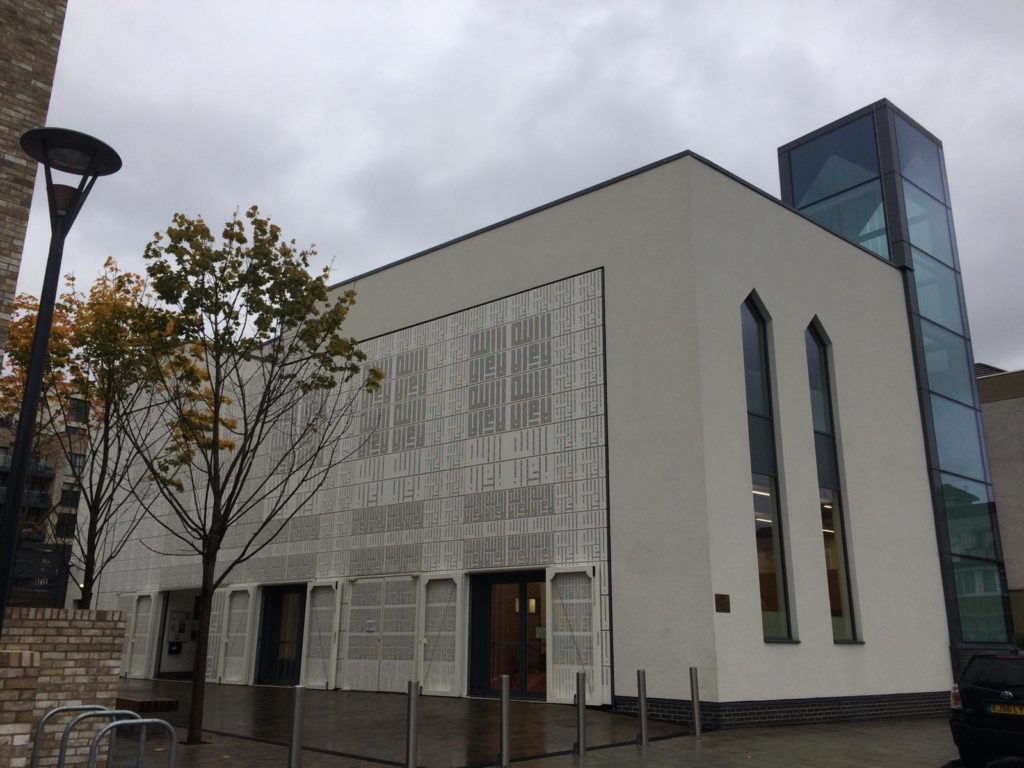
My odyssey into this obsession with mosques commenced during my tenure as a candidate for the Labour Party’s councillor in Mile End. I was summoned, along with fellow candidates, to a meeting orchestrated by a senior figure within the Tower Hamlets Labour Party. At this gathering, I was informed that the Burdett Mosque Committee had fallen under the control of a misogynistic figure who had enacted a ban on women’s activities. This, as I was told, constituted a violation of the planning conditions, necessitating the candidates (two of whom, including myself, hailed from the Muslim community) to draft a letter to the housing association that owned the land.
As the discussion unfolded, tempers flared and accusations flew, culminating in an allegation that the Tower Hamlets Council of Mosque harboured dual loyalty. It was at this juncture that I interjected, declaring that unless the conversation ceased forthwith, I would be compelled to report the proceedings to the UK Labour Party.
My agitation stemmed from the realisation that what initially appeared to be an internal factional matter had now assumed the character of a troubling narrative, one that detrimentally impacted local residents. The claim that women’s activities were banned within the mosque lacked any factual basis, given that the mosque in question indeed provided spaces for women to engage in prayer and other activities.
The crux of the issue lay in a mosque committee election, which resulted in the removal of a Labour Party member and his supporters. The newly appointed Chairman, Anu Miah, together with his Executive, opted for a politically neutral policy, forbidding all political activities within the mosque premises and by any committee members, irrespective of their allegiance to Labour or Aspire. Astonishingly, driven by factional political motives, the leadership of the Tower Hamlets Labour Party displayed a willingness to precipitate the closure of a mosque based on an unfounded narrative, simply to reclaim their grip on power in the mosque.
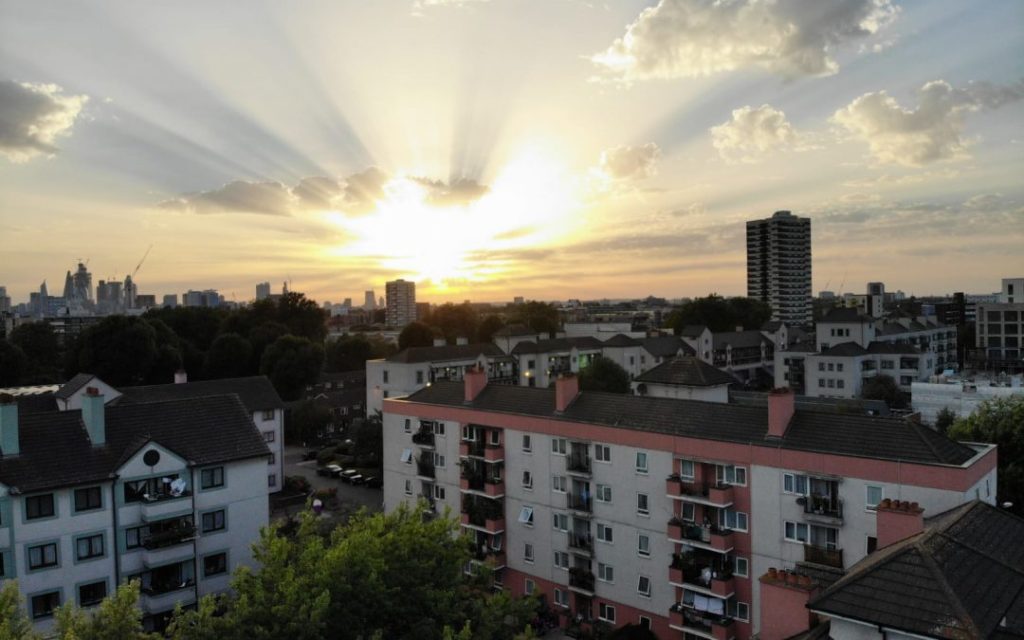
After I was elected. I was informed that during the election campaign, a letter did go in complaining about the Burdett Mosque to the Housing Association, which was put aside, as the allegations had no bearing on the publicly available facts. Similar tactics of vexatious complaints are used extensively against Muslim members within the local Labour Party.
Dissenting voices are immediately shut down by briefing the press or through vexatious disciplinary actions

In a cursory survey of Tower Hamlets Labour’s political landscape, a disconcerting pattern emerges—one that reveals longstanding employment of disciplinary procedures to stifle the voices of Muslim individuals within the party’s ranks. Conversations with retired councillors unveil a time-honoured stratagem: the calculated suspension of councillors in close proximity to Annual General Meetings, effectively guaranteeing a favourable outcome for the Labour Group’s leadership, thereby securing their authority. Throughout my active years in Tower Hamlets Labour, I bore witness to the pernicious orchestration of media briefings against and subsequent suspensions of Muslim councillors, all enacted with the sole objective of silencing their perspectives.
Regrettably, I, too, fell victim to this suppressive machinery, enduring a total of nine months in suspension, pending investigation, during my own four-year stint as a councillor. It is worth noting, according to press reports, that the National Labour Party, after a thorough examination of the allegations levied against me, unequivocally exonerated me on all counts—information dutifully disseminated by the press. Yet, beyond the multitude of investigations I weathered, I discovered, through a reliable informant within the Labour Group’s Executive Committee, a disconcerting practice: the adoption of coded language in reference to my person. Contemplating this revelation now, a fleeting smile creeps in. It is a testament to the discomfiture my tireless endeavours to foster genuine connections between the party and the very communities it professes to represent have evidently caused the party’s leadership.

Yet, amid the prevailing gloom, glimmers of hope gradually emerged. Residents and party members, emboldened by my presence, would approach me, their thumbs raised in solidarity, exhorting me to persevere. As word spread, journalists, recognizing the transformative potential of my brand of making politics relevant to ordinary folks, extended offers of coverage—an affirmation of my unconventional approach as a much-needed gust of fresh air amid the stifling stagnation that has come to define Tower Hamlets Labour. Eventually, this memo reached the upper echelons of Tower Hamlets Labour. This revelation materialised during the press conference held to unveil the 2022 Labour Manifesto, wherein the party’s leadership, with ‘palpable sincerity’, expressed their fervent regret for my non-participation as a Labour Councillor candidate in the forthcoming election.
Yet, amidst these glimpses of progress, one particular incident continues to mar my memory—a festering sore point, if you will. I refer to my suspension following my appearance on the Muslim News Portal, 5 Pillarz. The multifaceted context enveloping my participation in this platform, coupled with the subsequent filing of a vexatious complaint against me, followed by my suspension. In turn an incessant Islamophobic campaign against me, by the leadership of Tower Hamlets Labour, till my last days as a councillor, remains a source of indignant anger and profound disappointment.
Case Study: My Suspension & Slander by Tower Hamlets Labour and Exoneration by the UK Labour Party
In the vast landscape of media platforms catering to the English-speaking Muslim community, one name stands out: 5 Pillarz. Boasting a staggering readership of 500,000 individuals mainly spanning the United Kingdom, North America, and Australia, but also English speakers from around the world. This platform has become a dominant force among second and third-generation members of Muslim migrant communities, as well as converts to the faith.
However, the fame and influence of 5 Pillarz do not come without controversy. Its non-Liberal stance on social issues and staunch anti-imperialist perspective on foreign policy has set it apart from other platforms. Notably, 5 Pillarz has been vocal in advocating for Muslims to disengage from mainstream political parties, including the Labour Party.
Recently, concerns arose within the Muslim community regarding the editorial position of 5 Pillarz, particularly its call for disengagement from mainstream politics and in particular the Labour Party. This followed a report by the Labour Muslim Network. A survey of Muslim members of the party found that 59% did not feel “well represented by the leadership”, and 44% did not believe the party takes the issue of Islamophobia seriously. Over a third (37%) have directly witnessed Islamophobia within the party. It found 55% did not trust the leadership to tackle Islamophobia effectively and 48% did not have confidence in the party’s complaints procedure to deal with Islamophobia.
Stakeholders reached out to me, urging me to address this issue and present a viewpoint that emphasized the importance of political engagement for younger Muslims on the 5 Pillarz platform. In response, I reassured them that previous correspondence with the Tower Hamlets Council monitoring officer and the Press Officer in the Labour Group had indicated no obstacles to my appearance on the platform. However, I cautioned that within the leadership of Tower Hamlets Labour, a prevailing Neoconservative perspective dominated discussions on Muslims. Consequently, any attempt to engage with 5 Pillarz or the younger Muslim demographic could be seen as an adversarial act, potentially leading to repercussions. In light of this, I implored the stakeholders to stand by me should any untoward incidents occur.

Following my appearance on 5 Pillarz, a senior member of the Tower Hamlets Labour Group, acting at the behest of the leadership, scrolled my Facebook account. This individual proceeded to selectively screenshot and manipulate a discussion I was having concerning a book authored by Professor Shlomo Sands, an Israeli historian renowned in the field of Middle Eastern studies. At that time, I was involved in an international academic book business and sought to promote sales by engaging in intellectual exchanges with academics.
Subsequently, it became clear that this individual was responsible for these actions, as he boasted to another member of the Labour Party. Moreover, his friends contacted me, seemingly attempting to gauge my reaction to the news of my suspension. The Tower Hamlets Labour leadership engaged in a campaign of covertly briefing journalists against me, for example, the picture given to the Evening Standard was not in my possession but in the possession of another councillor. Despite these efforts, I responded calmly to my suspension by issuing a clear statement and securing testimony from an academic involved in the aforementioned discussion. This academic possessed a background in Middle Eastern studies. In his visits to the Middle East, he interacted with David Quarrey, the former UK ambassador to Israel, who then acted as the UK National Security Adviser. He was also acquainted with the former Israeli foreign minister Michael Oren. He unequivocally affirmed my integrity in his testimony to the UK Labour Party.
In an attempt to set the record straight, stakeholders in the Muslim community of East London penned an open letter to the UK Labour Party, asserting that my suspension had nothing to do with anti-Semitism but rather with my appearance on 5 Pillarz. The letter emphasized my call for young Muslim viewers to engage with the Labour Party and mainstream politics.
“j. Accusing Muslims of being a “fifth column” or of lying or acting in ‘stealth’, and/or implying a Muslim, or Muslims in general, are inherently antisemitic, homophobic and/or misogynist.”
Labour Party Islamophobia Code of Conduct
During the arduous six-month investigation period conducted by the UK Labour Party, the Tower Hamlets Labour leadership went out of its way to propagate an Islamophobic trope outlined in the Labour Party’s Islamophobia Code of Conduct. They painted me as an anti-Semite and disseminated false information suggesting my expulsion from the party. Party members were explicitly instructed to avoid any interaction with me, under the threat of their own expulsion. Matters deteriorated to such an extent that a Muslim councillor, driven by a deep sense of solidarity, visited me in the dead of night, unable to bear witness to my ostracization and character assassination at the hands of the leadership. Encouraged by the Tower Hamlets Labour leadership, non-Muslim members were enlisted to partake in a campaign on social media platforms, branding me an anti-Semite.
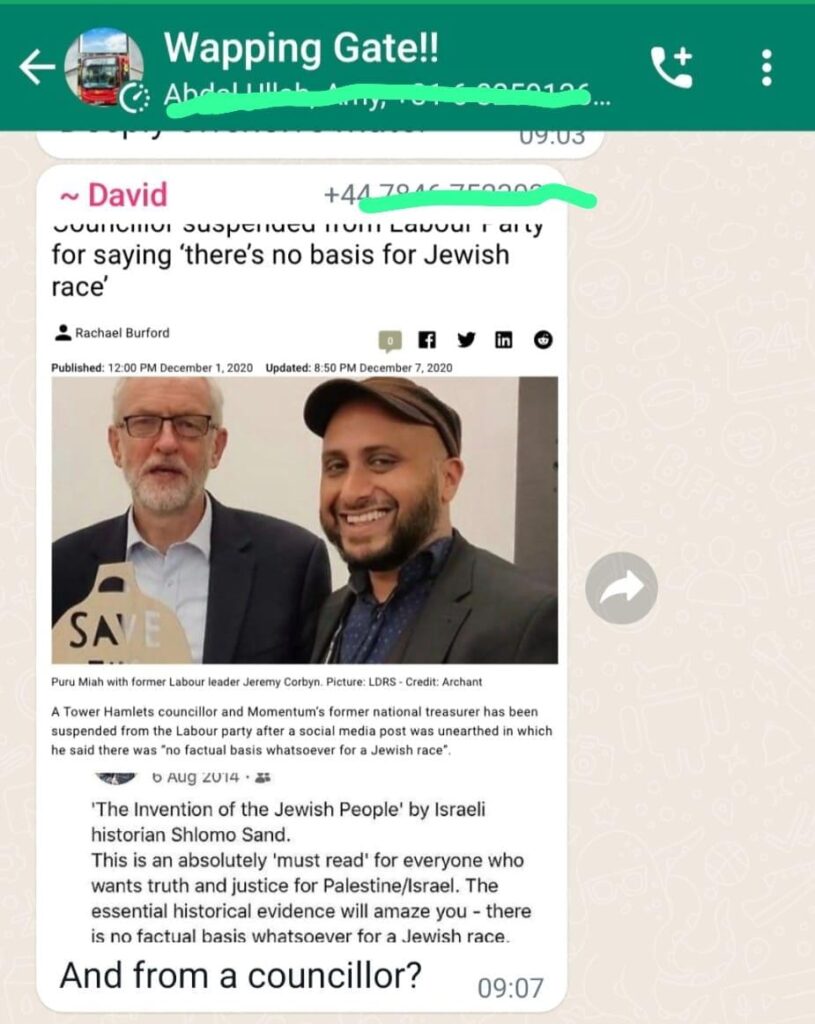
Even after being cleared of all allegations, the defamation campaign persisted. The slanderous narrative that I had been expelled from the Labour Party due to anti-Semitism continued unabated, perpetuated through briefings to residents and journalists. This peculiar attempt to besmirch my character by exploiting an Islamophobic trope reached its apex during the final meeting of the Tower Hamlets Labour Group. This meeting of Labour Councillors held to finalise the manifesto, traditionally invited all Labour councillor candidates. In front of the assembled attendees, the Tower Hamlets Labour leadership incessantly challenged my presence at the meeting. Even asking me whether I was a Labour member. Demonstrating unwavering resolve, I refused to succumb to the provocations and calmly, with a smile, addressed each slander. This final interaction with the leadership of Tower Hamlets Labour exemplified the recurring theme of my career as a Muslim councillor—I remained resolute, refusing to be silenced by the hostile party leadership.
A Tower Hamlets Labour leadership conducting a War of Terror on its Muslim members.
“Let your life be a counter-friction to stop the machine. What I have to do is to see, at any rate, that I do not lend myself to the wrong which I condemn.”
Henry David Thoreau, Civil Disobedience
Tower Hamlets Labour & Counting the Cost in the hidden violence of Their War of Terror
World Health Organisation Definition of Violence: “the intentional use of physical force or power, threatened or actual, against oneself, another person, or against a group or community, which either results in or has a high likelihood of resulting in injury, death, psychological harm, maldevelopment, or deprivation.”
According to a study conducted by the Watson Institute in International and Public Affairs at Brown University, the following conclusions were reached regarding the ‘War on Terror’:
- Direct war violence has resulted in the deaths of over 937,000 people since the events of 9/11. Additionally, the ripple effects of war have caused several times more casualties.
- Indirectly, an estimated 3.6-3.7 million individuals have lost their lives in post-9/11 war zones. Consequently, the total death toll is now at least 4.5-4.6 million and continuing to rise.
- The fighting has led to the deaths of over 387,000 civilians.
- The number of war refugees and displaced persons currently stands at 38 million.
- The post-9/11 wars have incurred a federal cost of over $8 trillion for the United States.
- The U.S. government is engaged in counterterror activities across 85 countries.
- The wars have been accompanied by violations of human rights and civil liberties, both domestically in the United States and abroad.
The inherent violence that permeates the realm of psychological harm, maldevelopment, and deprivation remains conspicuously absent from the purview of the study at hand. This clandestine violence is endured by Muslims of varying magnitudes, from those dwelling in direct proximity to war-ravaged regions to denizens inhabiting any of the 85 countries where the US Government orchestrates operations. And finally, it is particularly salient for those Muslims born and raised within the confines of what is colloquially referred to as the West.
Spanning a period exceeding two decades, Muslims living in the West have been subjected to insidious hidden violence. Wherein the presumption of innocence is summarily supplanted by the presumption of guilt—a phenomenon exemplified by a litany of ordeals. Ranging from the oft-interrupted sojourns at airport checkpoints to protracted interrogations by the security apparatus based on racial profiling. The relentless surge in acts of violent aggression on the streets, coupled with politicians’ pernicious incitements of hatred, reverberated and amplified by a complicit media, yields a potent brew. Unsurprisingly, this lethal concoction invariably culminates in the bloodshed of Muslims at the hands of radicalized far-right zealots, with the Christchurch massacre etched indelibly in the annals of infamy.
The consequences of this debilitating predicament in the psychological realm are manifold, engendering profound reticence and an alarming erosion of confidence in engaging with public institutions. An environment rife with entrenched discriminatory practices further entrenches a structure of marginalization, with Muslims suffering the most grievously across a multitude of socioeconomic indices within the United Kingdom.
The Silver Linings in Tower Hamlets Labour’s War of Terror
It is against the above backdrop, of collective psychological harm, that the leadership of Tower Hamlets Labour, orchestrate its own War of Terror. Choosing to aggravate this harm by silencing Muslim voices within its ranks. However, it was not all doom and gloom. A group of Muslim councillors, including myself, found solace in the gradual transformation of our party’s stance on Palestine, evolving from outright hostility to an unambiguous endorsement of the UK Labour Party’s position on the issue in public.
The collective turning point came in the year 2019, a time marred by the harrowing Christchurch massacre that claimed the lives of numerous Muslims in New Zealand. It was in this tumultuous climate that we, as Muslim councillors, seized the moment to propose and passionately advocate for the adoption of the All-Party Parliamentary Group (APPG) definition of Islamophobia within Tower Hamlets Council. Consequently, our local authority became the second in the United Kingdom, following in the footsteps of Newham, to embrace this crucial definition. On that day, a rare sense of liberation enveloped us, as we felt empowered to express ourselves freely. Each of us, in our own unique way, contributed to the ensuing debate, leaving an indelible mark on the council chamber and even moving one of the council officers to tears.
For me, personally, the defining moment arrived with the personal effort to pass a motion that would usher in the democratic selection of councillor candidates. This historic achievement, the first of its kind in a quarter of a century, materialized in the autumn of 2017. Collaborating closely with another esteemed Muslim member, who would go on to become a councillor himself, we boldly confronted the challenge at hand. Our impassioned speeches during the General Committee (GC) of the Tower Hamlets Labour Party resonated deeply, compelling even the Mayor and his allies to abstain from voting against the motion. It was a triumph of conviction, where the power of our words compelled individuals to reassess their positions.
“We should be men first, and subjects afterward.”
Henry David Thoreau, Civil Disobedience
An End to the War on Terror?
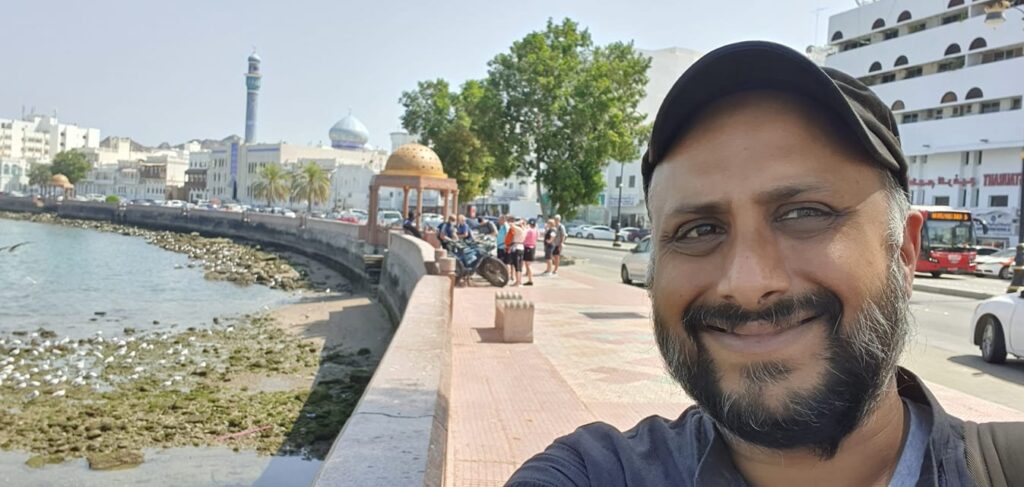
In the annals of contemporary history, the invasion of Ukraine by Russia stands as an event of profound significance. Yet, in a twist of fate, this act has inadvertently ushered in a de-escalation of the protracted War on Terror. A confluence of factors, including soaring energy prices, the ongoing Russo-Ukrainian hostilities, and a simmering Cold War with China, has brought about a remarkable cooling down of the once fervid fight against terrorism. This shift manifests not only in the realm of international relations but also resonates domestically, where the rhetoric of politicians has tangibly shifted focus away from Muslims and toward Russia and China.
It was on that fateful day when the Russian Army crossed into Ukrainian territory that I was in the city of Muscat, Oman, nestled within the Gulf region. The haze of jet lag still clung to me, from the previous days of travel, impairing my ability to fully grasp the gravity of the unfolding events. Seeking solace in the embrace of a quaint boutique coffee shop, I happened upon the owner, a familiar face from previous conversations. Recognition sparked in his eyes as he glanced my way, prompting him to inquire about my thoughts on the Russian invasion of Ukraine.
Seizing upon my fragmented mental state, I replied with little contemplation, “Well, the War on Terror is over!” The effect was immediate and electrifying. The proprietor’s countenance erupted into a radiant smile, and he wasted no time in proclaiming our exchange to the entire gathering in Arabic. The patrons, caught in a collective moment of jubilation, came to a sudden halt, with elation. Cheers resounded, and hands were enthusiastically raised for celebratory high-fives. In a scene reminiscent of Star Wars, akin to witnessing the destruction of the Death Star by the rebel alliance.
As a token of their gratitude, I was presented with a steaming cup of Rwandan coffee. All attempts to pay for this delightful gesture were brushed aside by the magnanimous owner, who simply stated, “Brother, you have brought joy to my heart today.”
“What’s true of all the evils in the world is true of plague as well. It helps men to rise above themselves.”
Albert Camus, ‘The Plague‘
Regrettably, it appears that the leadership of the Tower Hamlets Labour Party remained oblivious to the transformative winds blowing through the world, with a diminishing of the War on Terror. Engaged in a recent public spat on Twitter, they inadvertently resorted to an Islamophobic trope, exposing a disheartening reality: there are still pockets of society where Muslims find no safe harbour to express their identity and fervour for social justice.
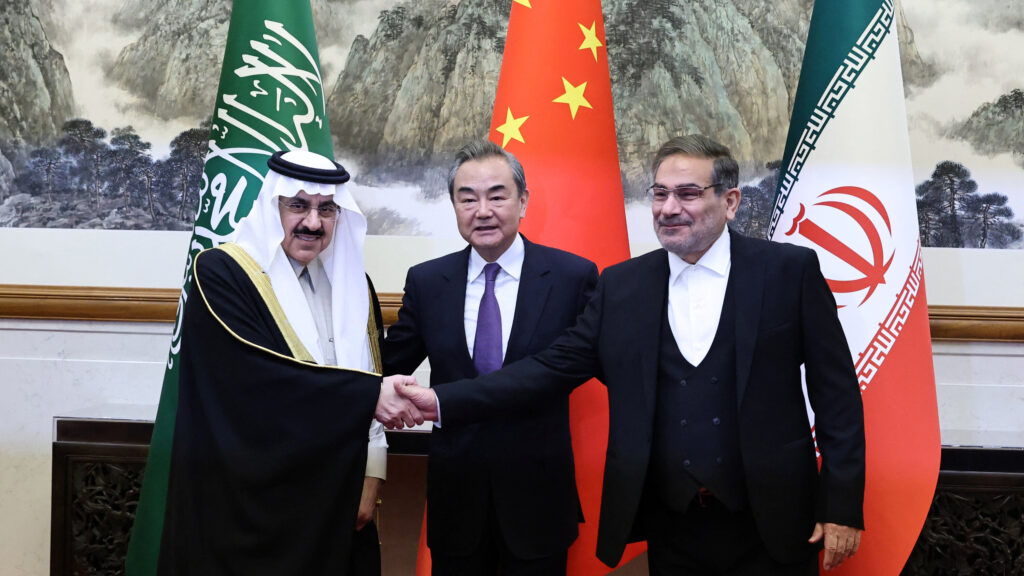
What does one do when there is no safe space for young Muslims to express their identity and passion for social justice? Listen up, here is the plan!
Call to Action: Young & Want to Change Things but Tower Hamlets Politics Too Toxic
Attention everyone! Let me share the plan with you. Recently, there was a heated exchange on Twitter involving an Executive Member of the Tower Hamlets Labour Group of Councillors, who resorted to using Islamophobic tropes. After consulting various stakeholders, we have reached a consensus that Tower Hamlets Labour, under its current de facto leadership, does not provide a safe environment.
Therefore, after extensive discussions. I have decided to establish a safe space specifically for second and third-generation members of the Muslim community in the East End. This space will serve as a platform for exploring and learning about organizing campaigns related to social justice issues. It is important to note that this space is not exclusively for Muslims, but is open to members of migrant communities and the embedded working-class communities that constitute the East End. The aim is to create an inclusive environment where individuals can freely express their identities and backgrounds when addressing social justice matters, without the fear of being silenced or criticised.
I am pleased to announce that funding has been secured from the private sector. In addition to organising activities, we will provide support in understanding modern communication strategies, techniques, data analysis, and public speaking through the guidance of a corporate speaking coach. Due to the stringent requirements set by the funders, we will be conducting interviews. If you are successful, and upon agreeing to our charter of values, you will have the opportunity to participate in a comprehensive support program.
To give you an idea of the topics that will be covered, I have compiled a list of suggested reading materials, along with a podcast. If you are interested in obtaining more information, please don’t hesitate to email me at [email protected].
“Having served for nearly half a century in the House of Commons, I now want more time to devote to politics and more freedom to do so.”
Tony Benn – After announcing he will not be seeking reelection.
Further Reading in Organising Communities and Campaigning
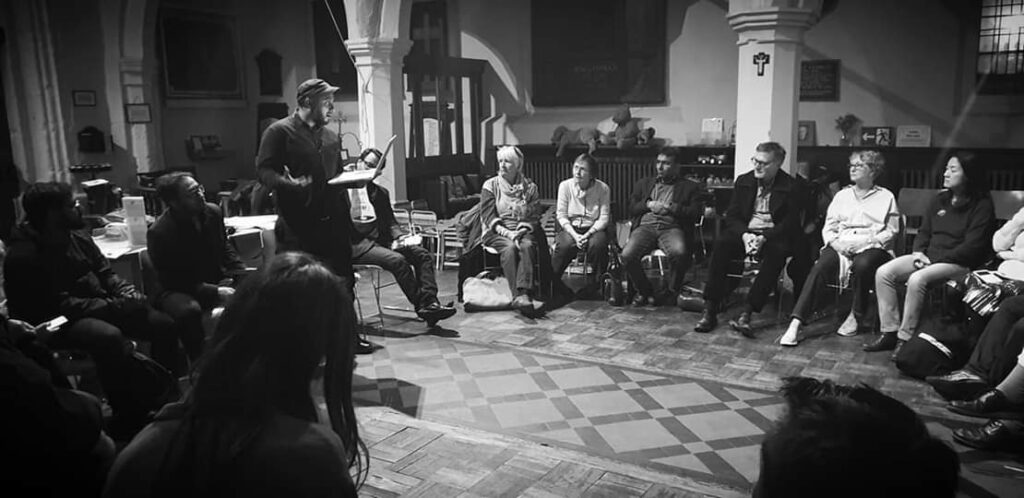
Podcast Interview with Community Development Podcast
An Interview I gave to the Community Development Podcast, talked about the different types of organising and their applications.
Reading List for Organising Communities and Campaigns
- On the Values Needed to Organise Communities and Campaigns – ‘Civil Disobedience’ by Henry David Thoreau
- On Small Organising – ‘Rules for Radicals: A Pragmatic Primer for Realistic Radicals’ by Saul D Alinsky
- On Big Organising – ‘Rules for Revolutionaries: How Big Organizing Can Change Everything’ by Becky Bond
- On Work Place Organising – ‘No Shortcuts: Organizing for Power in the New Gilded Age’ by Jane F. McAlevey, Pam Ward, et al.
- On Place-Based Organising – ‘Rebel Cities: From the Right to the City to the Urban Revolution’ by David Harvey
- Historical Case Study of Organising in the East End of London: ‘Our Flag Stays Red’ by Phil Piratin
Some thinking exercise: Many of us from working-class backgrounds and marginalised groups have experienced dealing with power in all its forms, institutional and non-institutional. Here is a case study from when I was a child, how the community organised simply to have the right to play cricket in the town:
‘Hitting out Beyond the ‘Set’ Boundary: racism and Cricket’ by Puru Miah
Case Study Examples: Applying Community Organising in Different Contexts – Campaigns Led as a Councillor
Each campaign is different, with different tactics, but the broad principles are the same. Each campaign was a piece of a wider puzzle. How do we facilitate inclusive politics, rising above the entrenched divisions that plague our local polity? How do we create a unifying civic identity based on socio-economic justice, superseding the myopic prejudices facilitated by divisive politics?
- Objecting to the pay increase for Councillors
- Campaign to save daycare nursery provisions for disabled children
- Campaign to save the Community Language Service (Mother Tongue CLS)
- Drafting the motion on the APPG working definition on Islamophobia, adopted by Tower Hamlets Council.
- Drafting the anti-academies motion, adopted by Tower Hamlets Council.
- The campaign to save the 400-year-old Whitechapel Bell Foundry.
- The #SAVEBRICKLANE Campaign
- Set up support structures and food banks during the Covid-19 pandemic, with a focus on undocumented migrants, #ScrapNRPF
- The ‘We Stand with Palestine Campaign’ and the efforts behind the scene to reverse the Council ban on the Big Ride with Palestine.
- Campaign to restore parking spaces for businesses on Burdett Road (TFL Red Route)
- Making Mile End ward safe by facilitating the arrest and shutting down of two ‘drugs line’ in the area.
- Raise concerns on the viability of outsourcing the Council youth service
- Cross-Party campaign to halt flawed changes to parking regulations in Tower Hamlets
- Campaign against the skewed consultation and flawed implementation of Liveable Streets (Low Traffic Neighbourhoods)
Detailed Case Studies of Community Organising Campaigns:
Both campaigns achieved their goals of shifting Tower Hamlets Council policy and having the demand laid by campaigners met.
#SAVEBRICKLANE Campaign
- Battle for Brick Lane: 44 Years On, Past, Present & Future
- The fight for a People’s East End and the rise of the Rebel City
- Tower Hamlets Council Announcement: https://talk.towerhamlets.gov.uk/
Liveable Streets Campaign
- Liveable Streets, Its Rise & Fall In The Endz. Whose Streets?
- Tower Hamlets Council Announcement:
https://www.eastlondonadvertiser.co.uk/news/20683196.tower-hamlets-ltns-reviewed-following-lutfur-rahmans-mayoral-win/
Further Reading in Tower Hamlet’s Labour’s Orientalism in regard to Muslims and their communities

On the Racist Ideology of Orientalism
‘Orientalism and power: When will we stop stereotyping people?’ | A-Z of ISMs Episode 15 – BBC Ideas
- ‘Orientalism’ by Edward Said
- ‘Covering Islam’ by Edward Said
- ‘Orientalism: A Reader’ by A. L. Macfie
Visual Essay On the Politics of Fear – ‘War of Terror’: The Power of Nightmares (The Rise of the Politics of Fear) by Adam Curtis
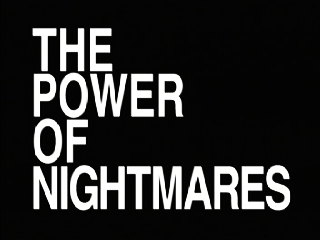
The Power of Nightmares: The Rise of the Politics of Fear is a BBC television documentary series by Adam Curtis.
The film compares the rise of the neoconservative movement in the United States and the radical Islamist movement, drawing comparisons between their origins, and remarking on similarities between the two groups.
More controversially, it argues that the ‘War on Terror’, is a myth, or noble lie, perpetrated by leaders of many countries—and particularly neoconservatives in the U.S.—in a renewed attempt to unite and inspire their people after the ultimate failure of utopian ideas.
Part 1. “Baby It’s Cold Outside“
Part 2. “The Phantom Victory”
Part 3. “The Shadows in the Cave”
”Instead of delivering dreams, politicians now promise to protect us: from nightmares. They say that they will rescue us from dreadful dangers that we cannot see and do not understand.”
Adam Curtis – Power of Nightmares (BBC)
Note on Labour Party factionalism
“Youth ages, immaturity is outgrown, ignorance can be educated, and drunkenness sobered, but stupid lasts forever.”
Aristophanes
I kindly request that this piece be spared from being weaponized in the enduring conflicts within the Labour Party. In order to underscore this intention, I would like to highlight the following information:
- Approximately 40 to 50% of the members belonging to the Muslim community constitute the Labour Party in Tower Hamlets.
- During an open selection process, Rushanara Ali MP was chosen over other male candidates by the Labour Party membership.
- This post criticizes the de facto leadership of Tower Hamlets Labour, not its membership.
“j. Accusing Muslims of being a “fifth column” or of lying or acting in ‘stealth’, and/or implying a Muslim, or Muslims in general, are inherently antisemitic, homophobic and/or misogynist.”
Labour Party Islamophobia Code of Conduct


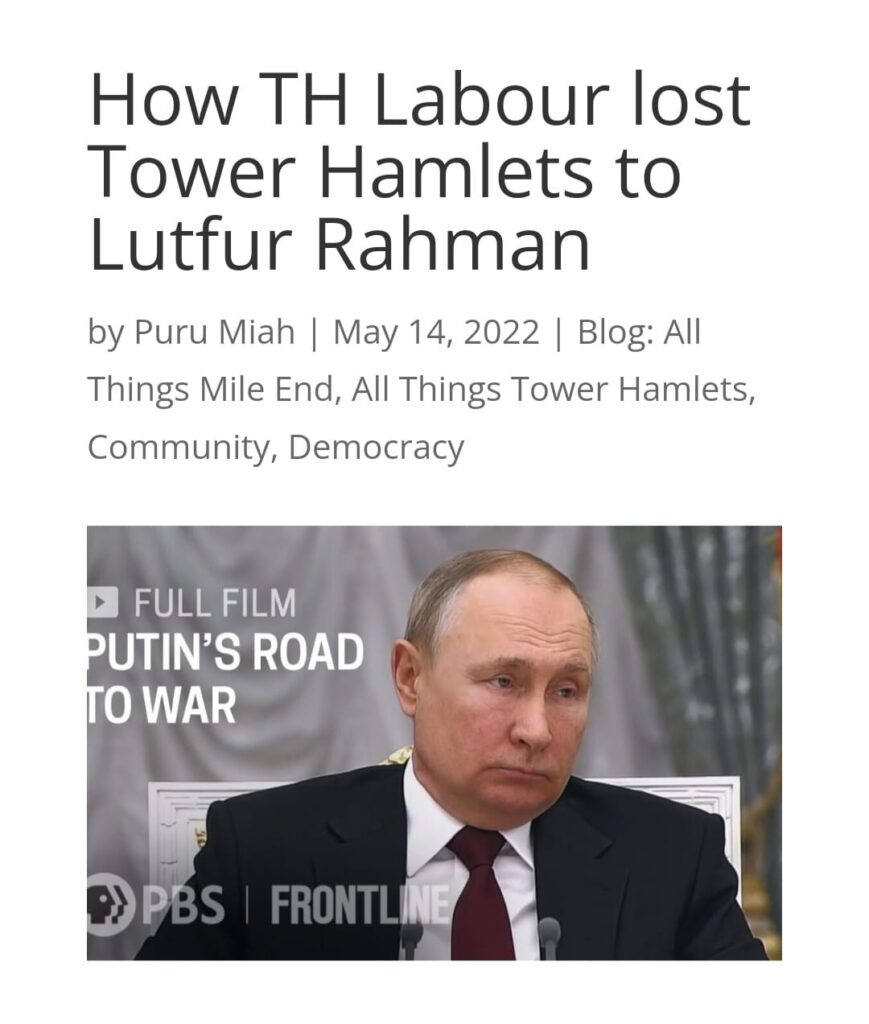
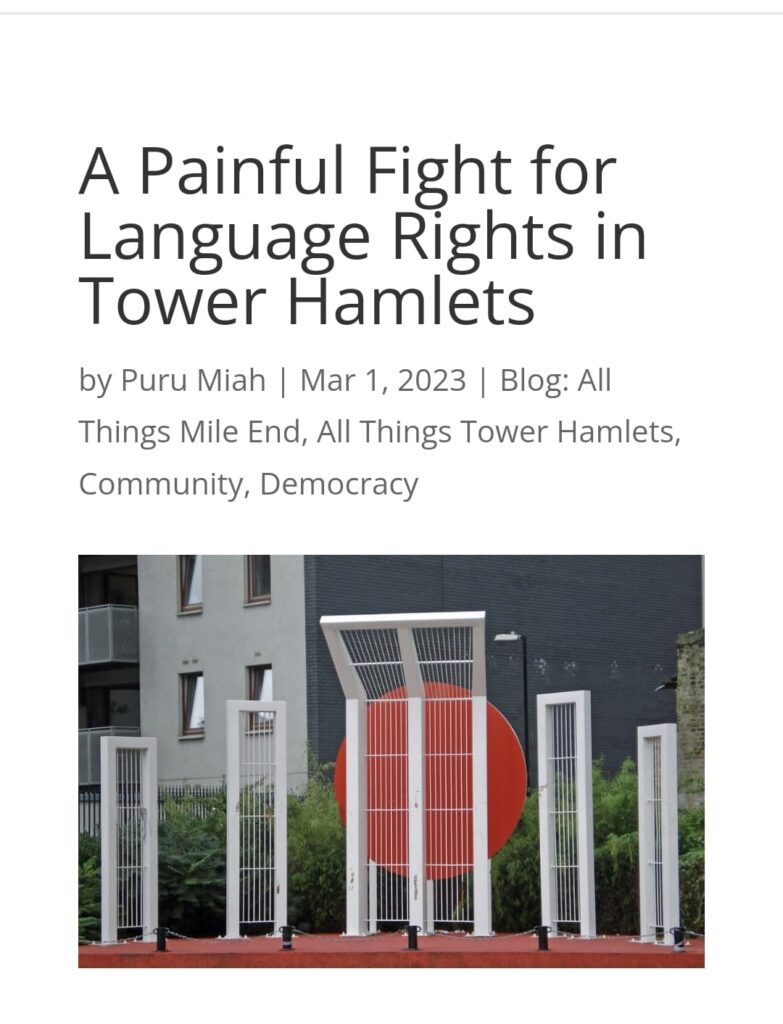
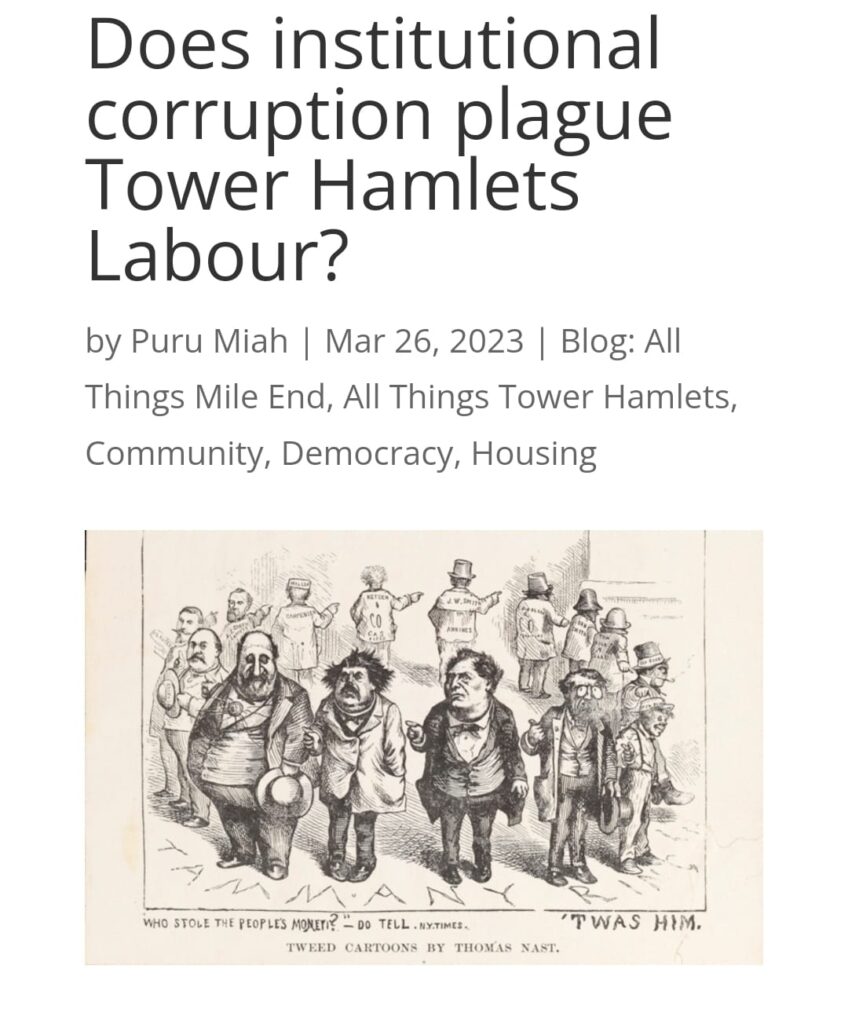
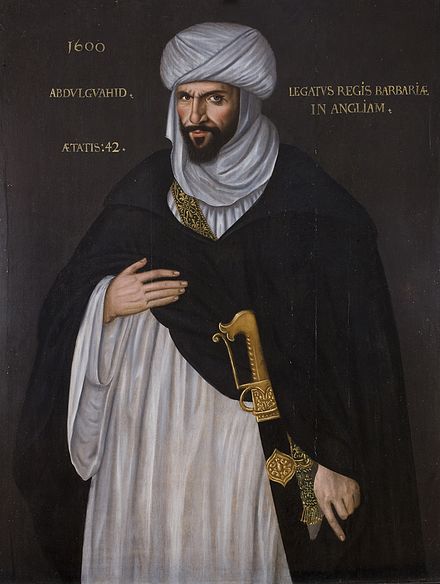

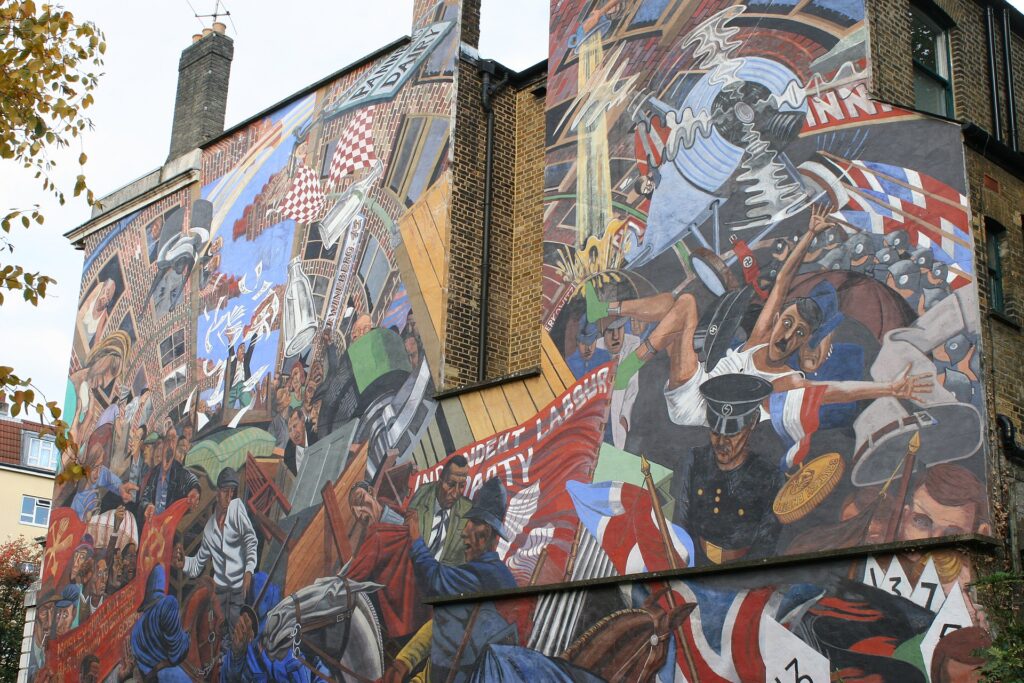
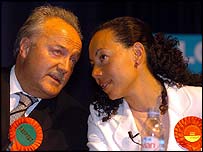
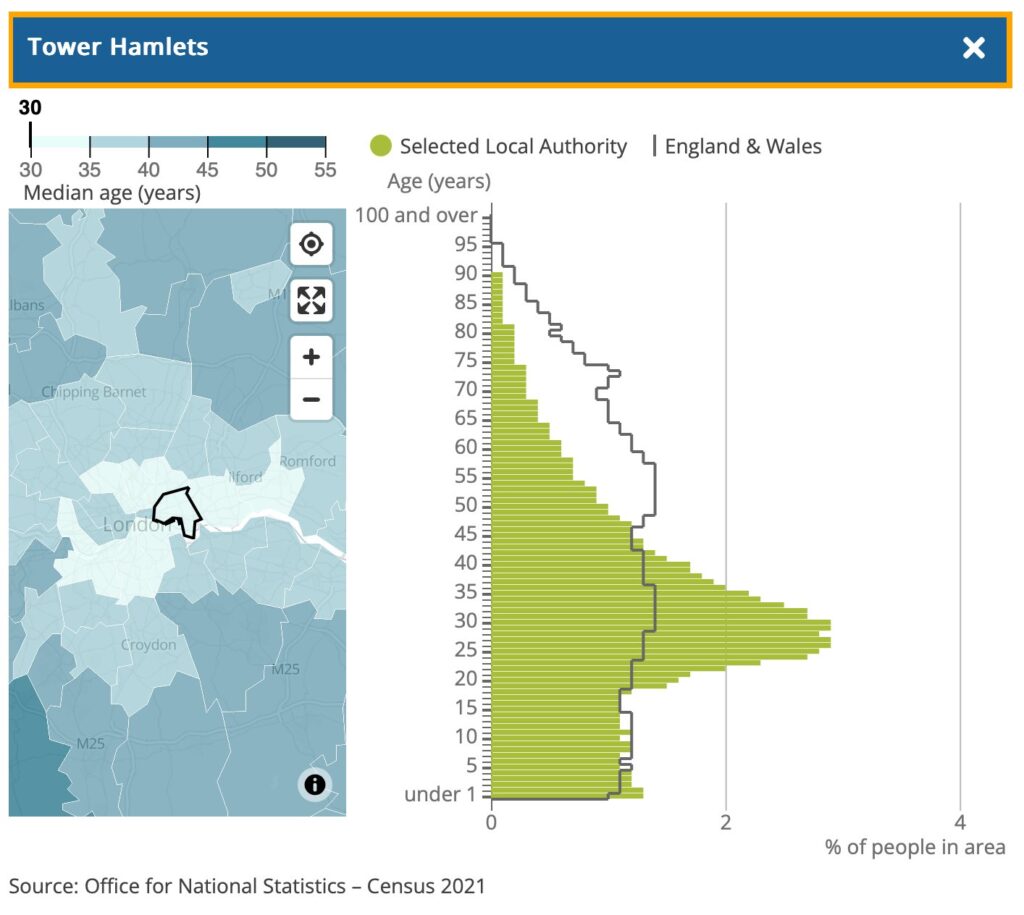
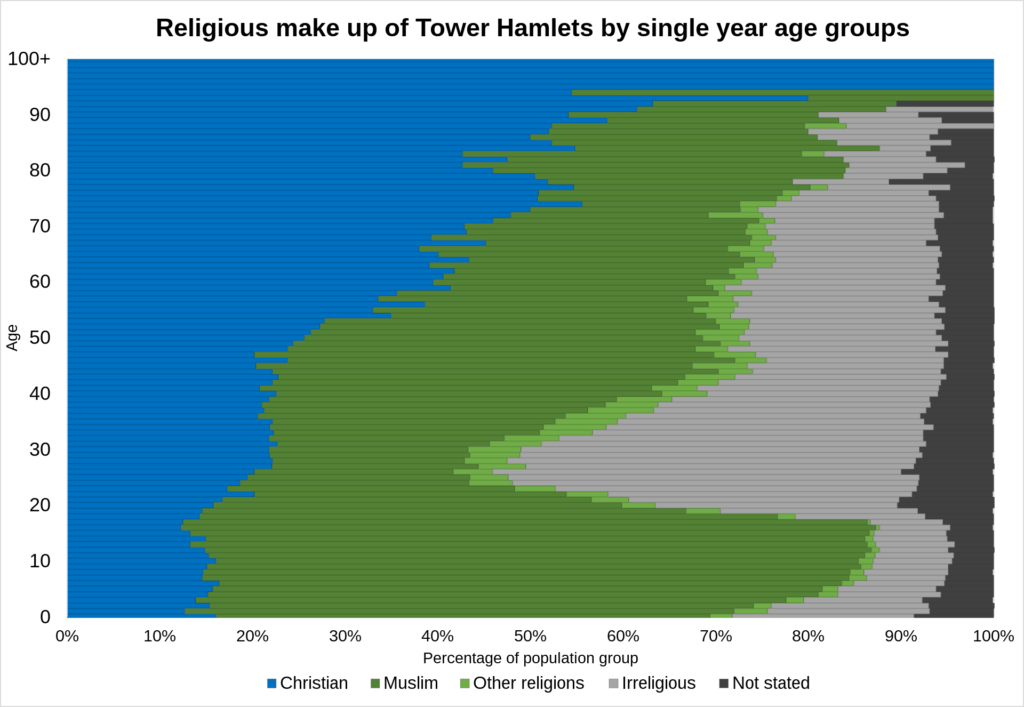
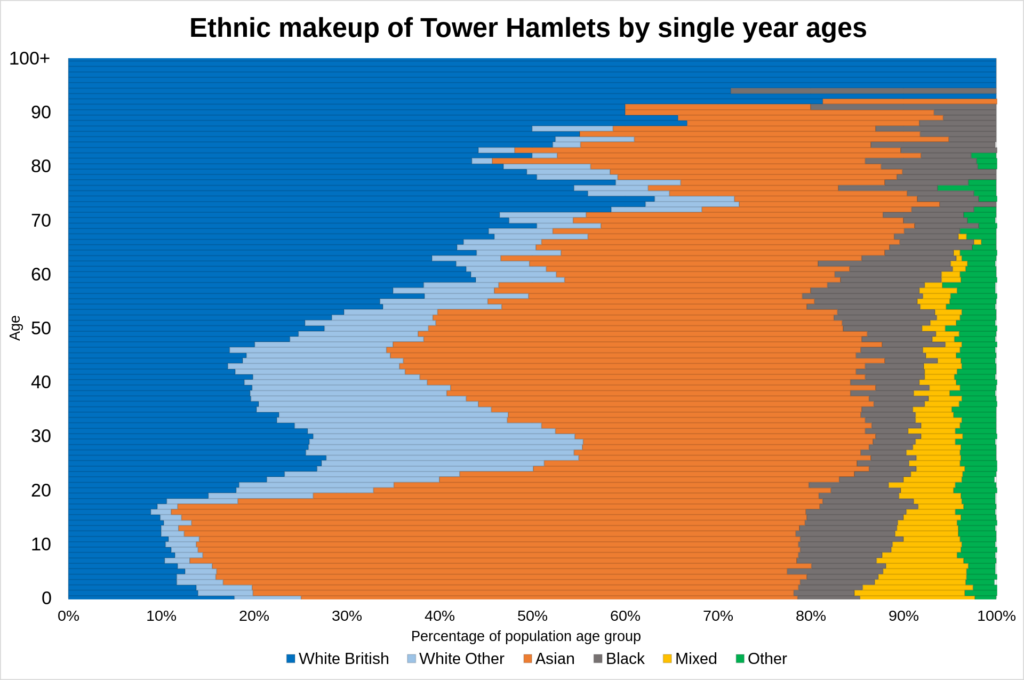
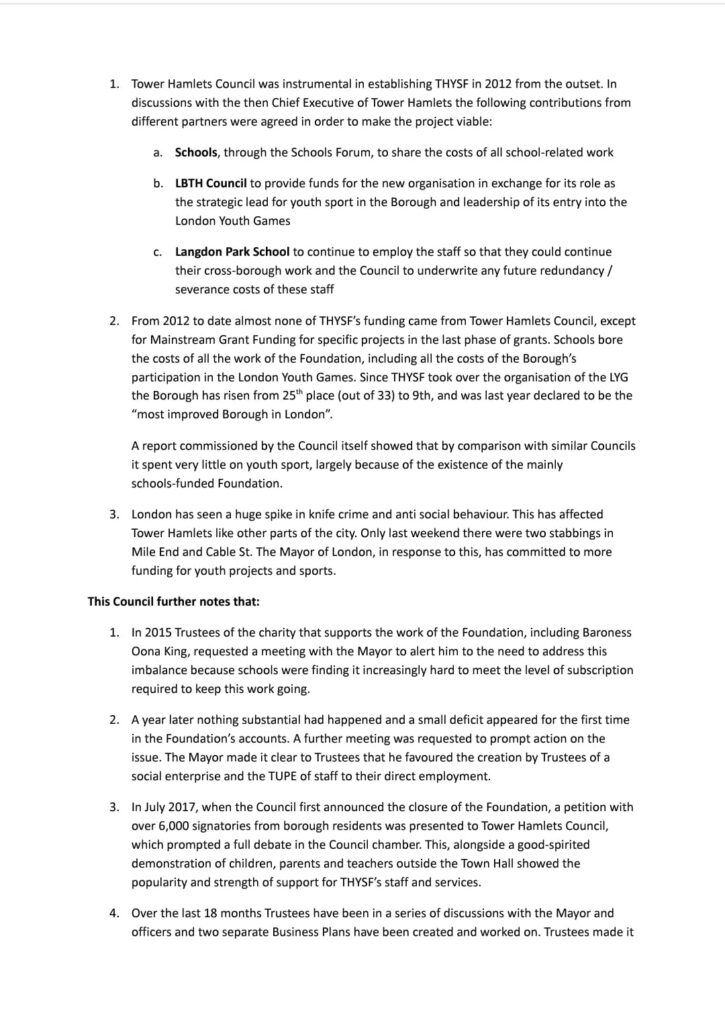
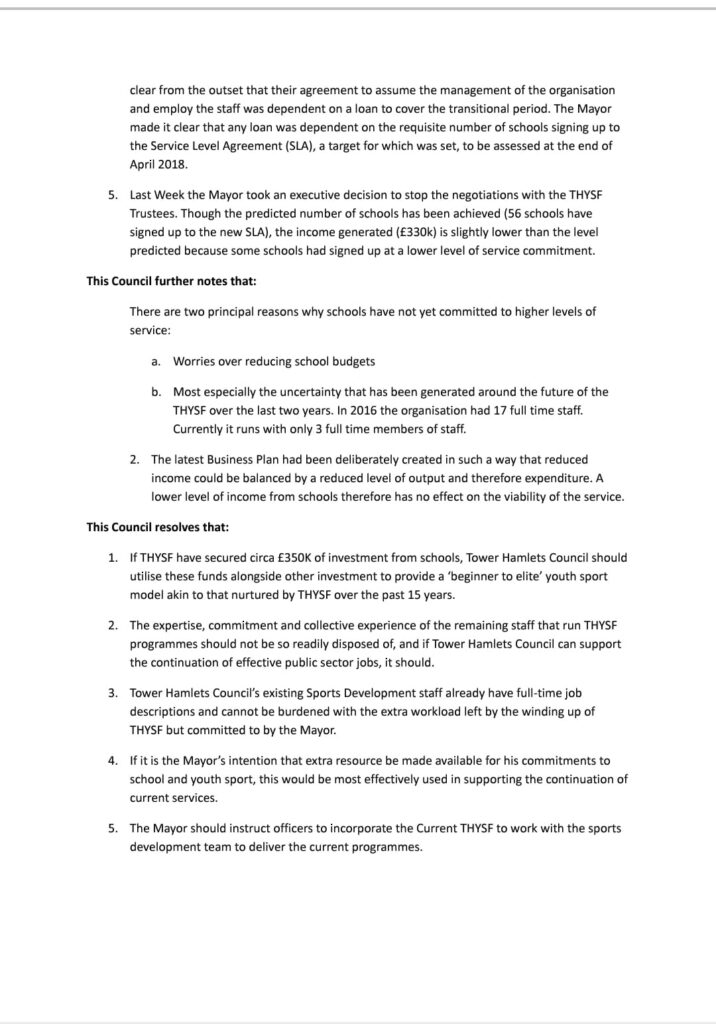
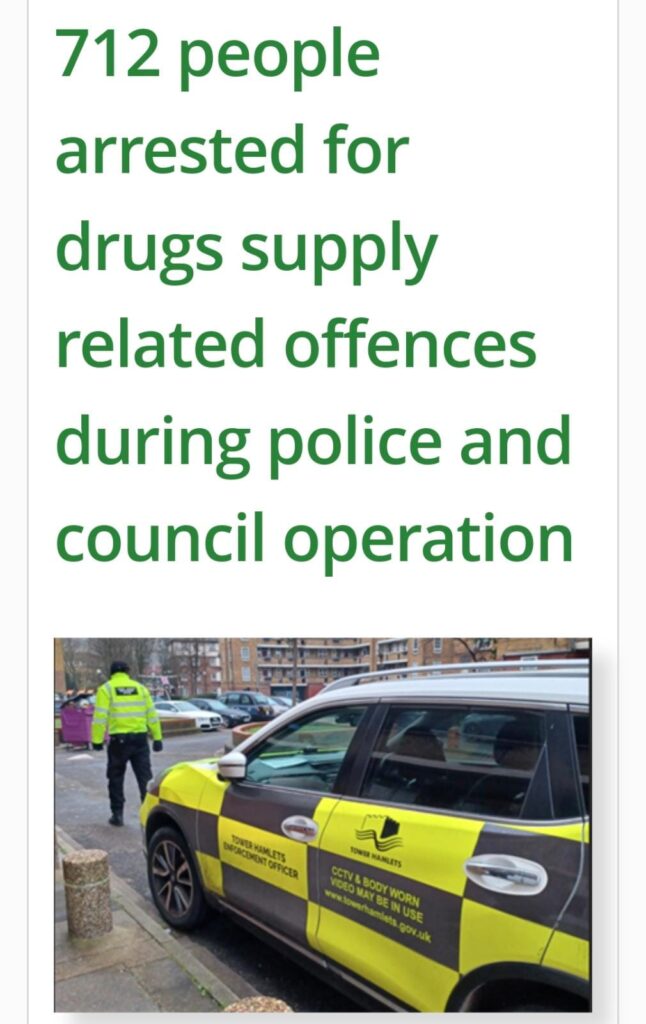
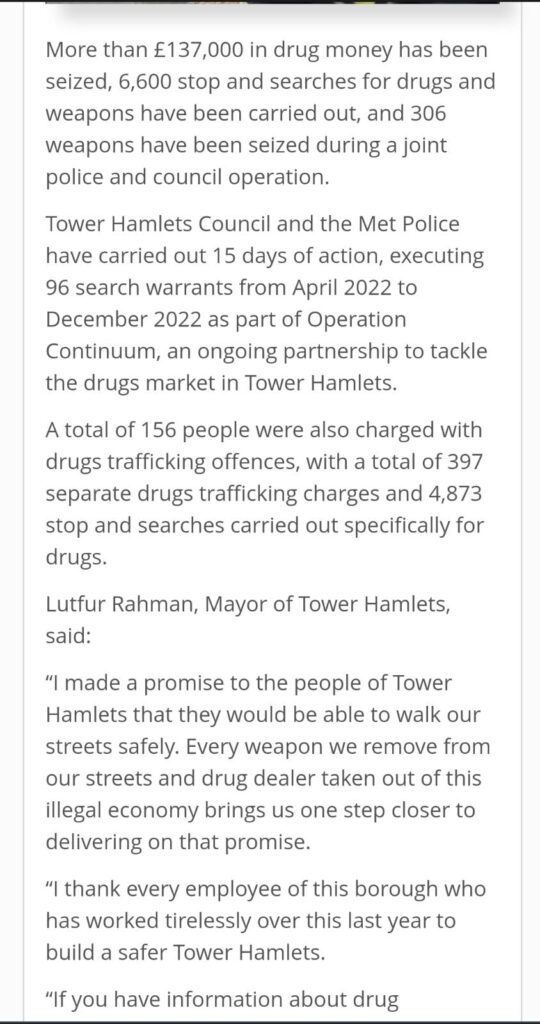

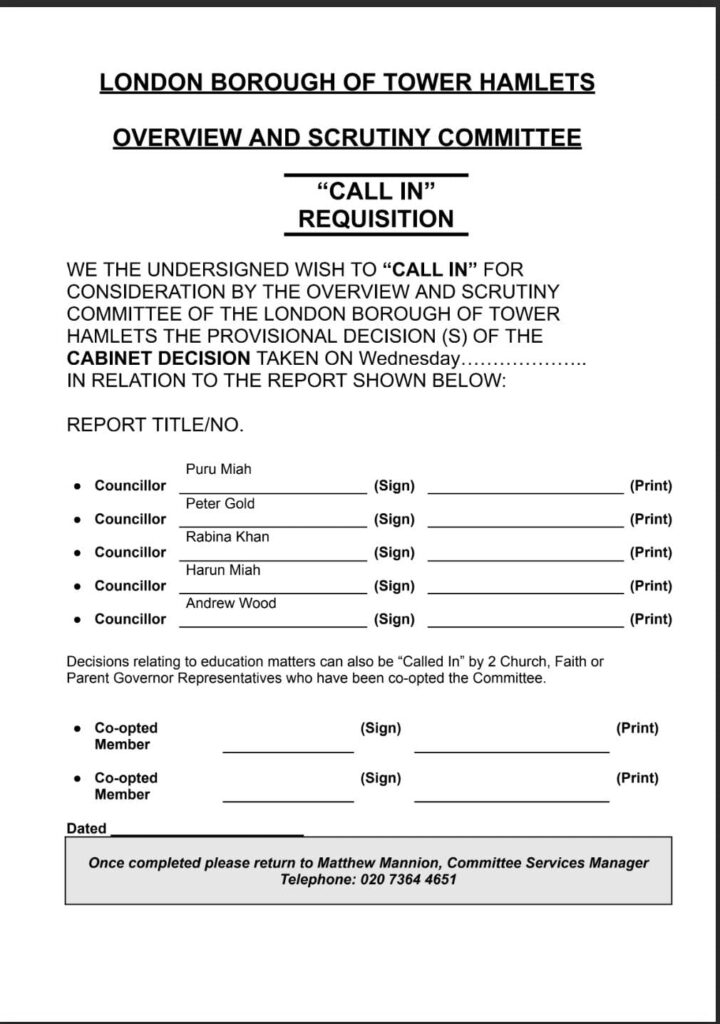
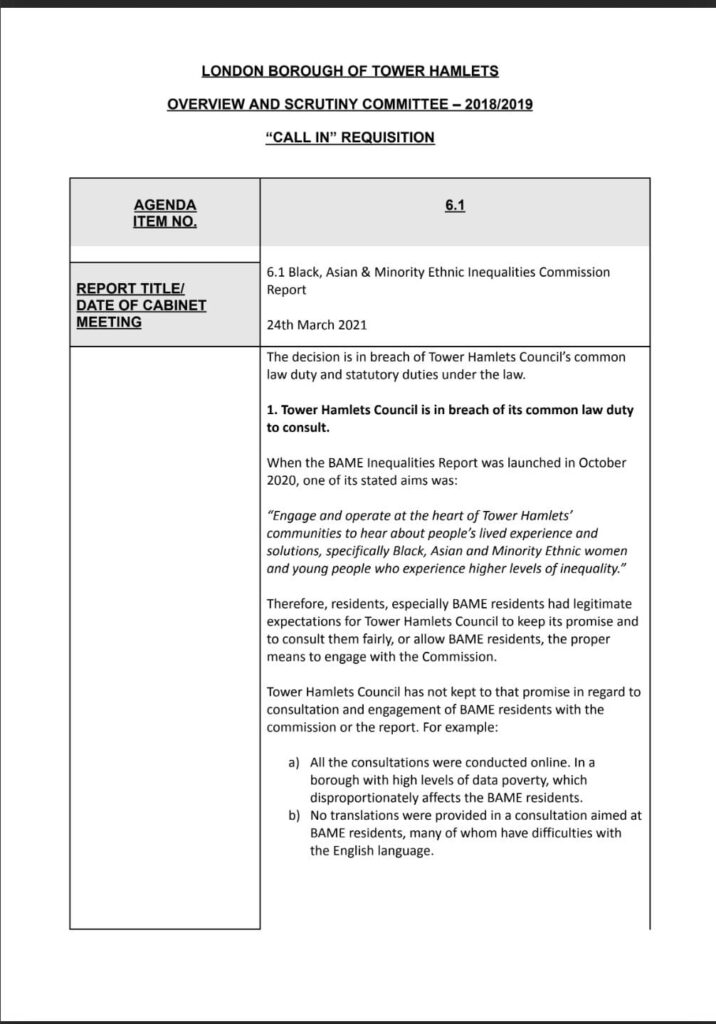
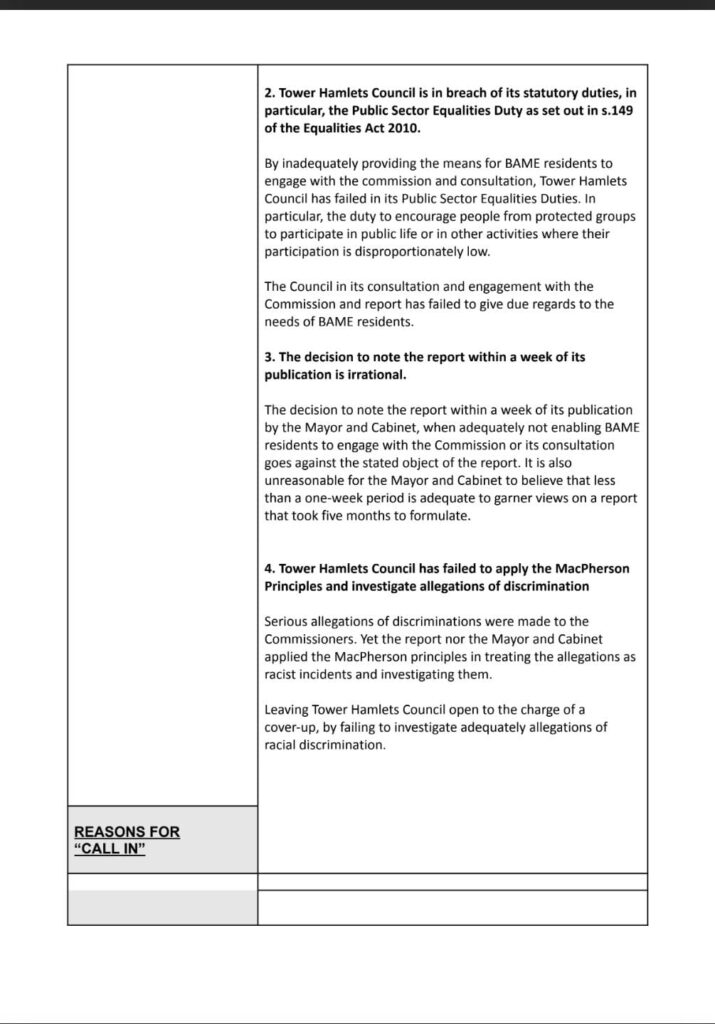
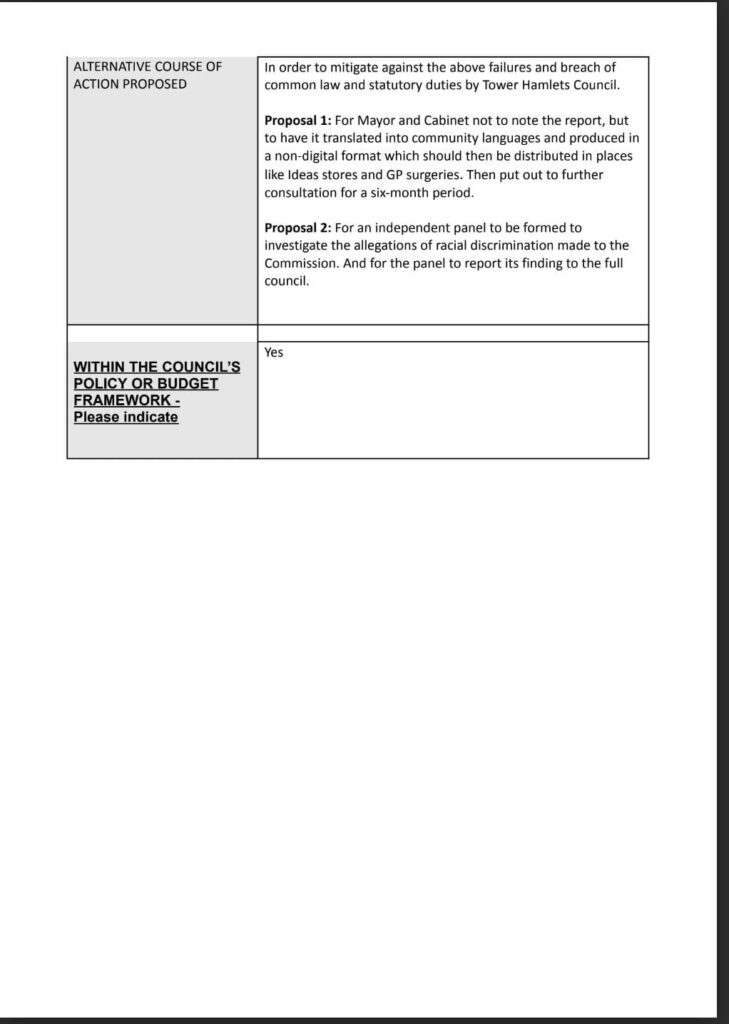
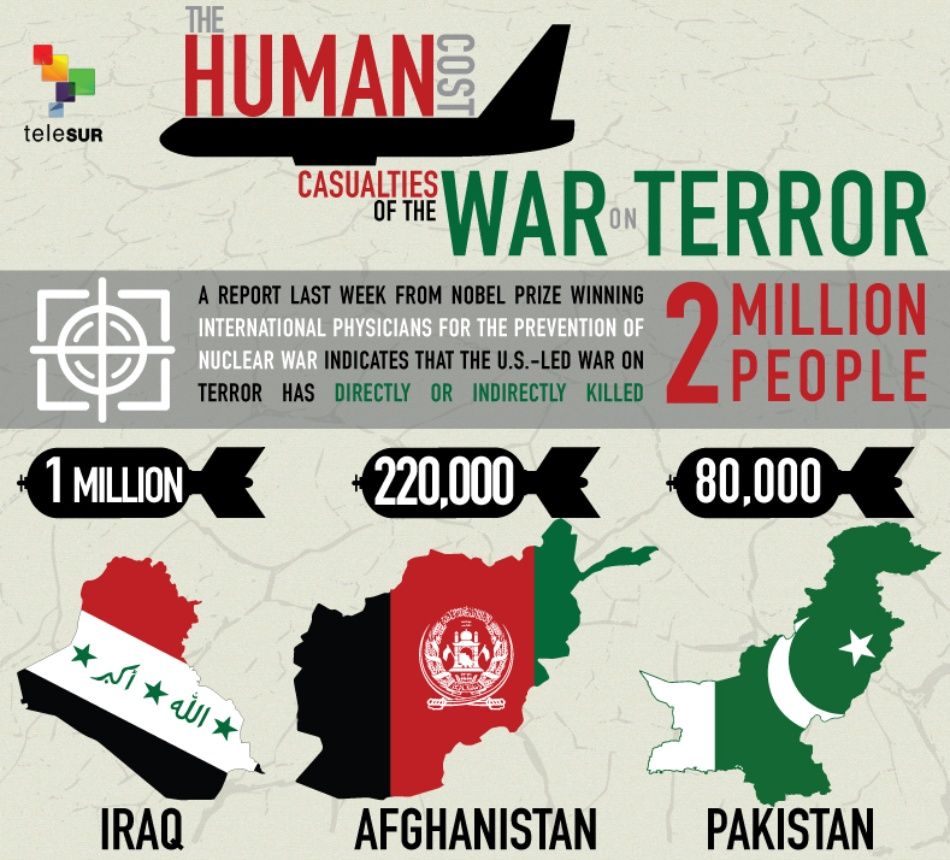
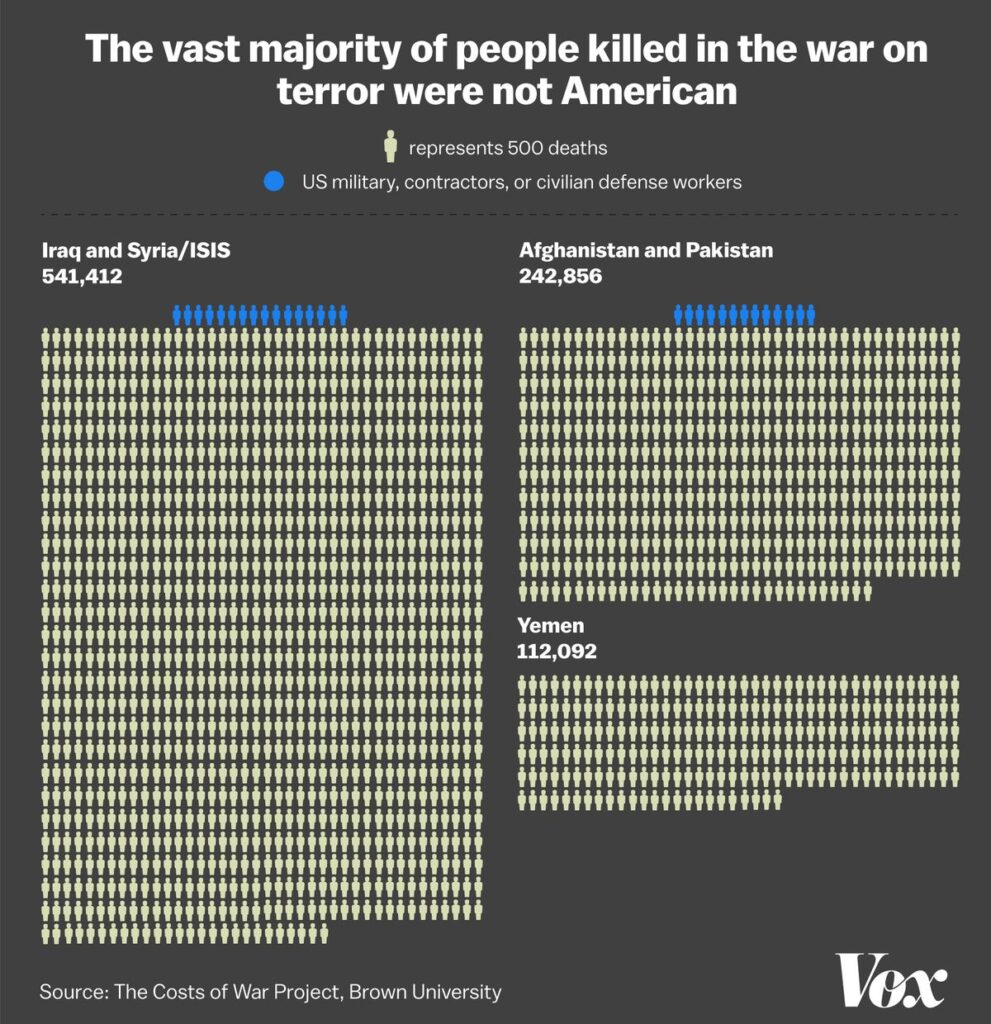
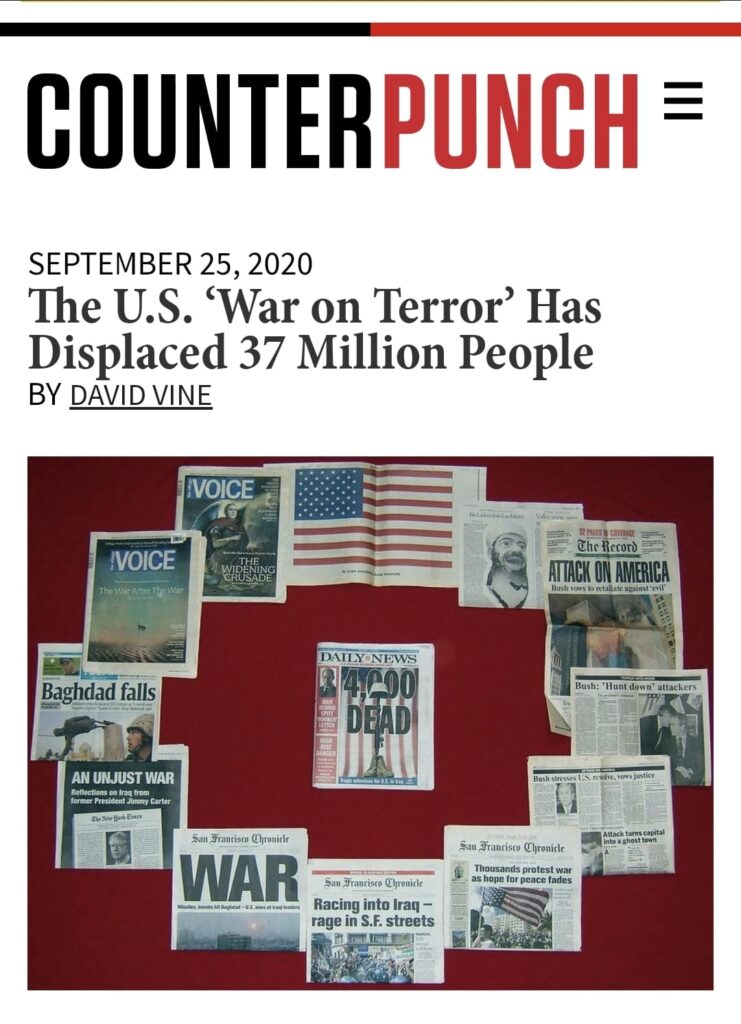


Recent Comments